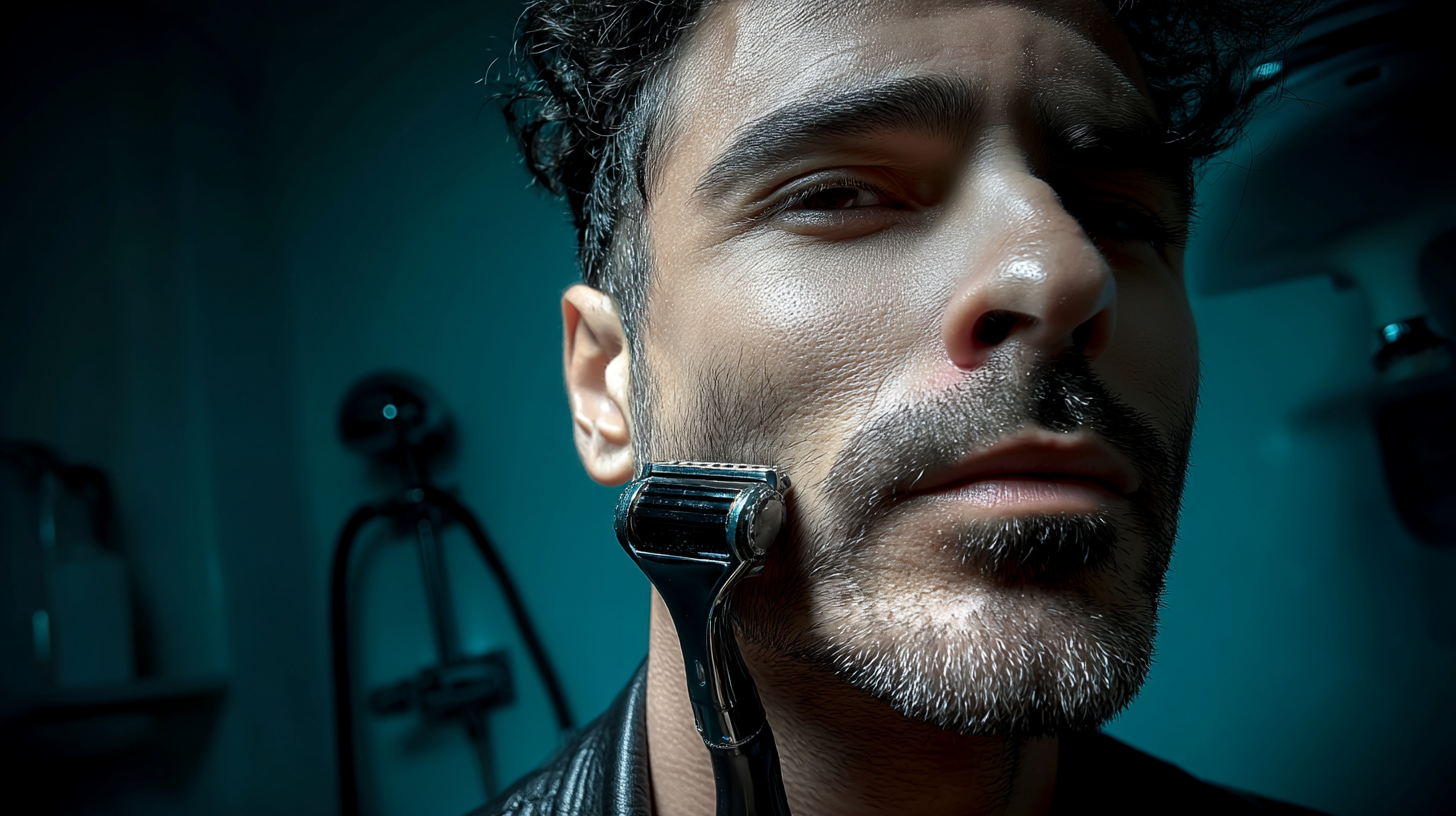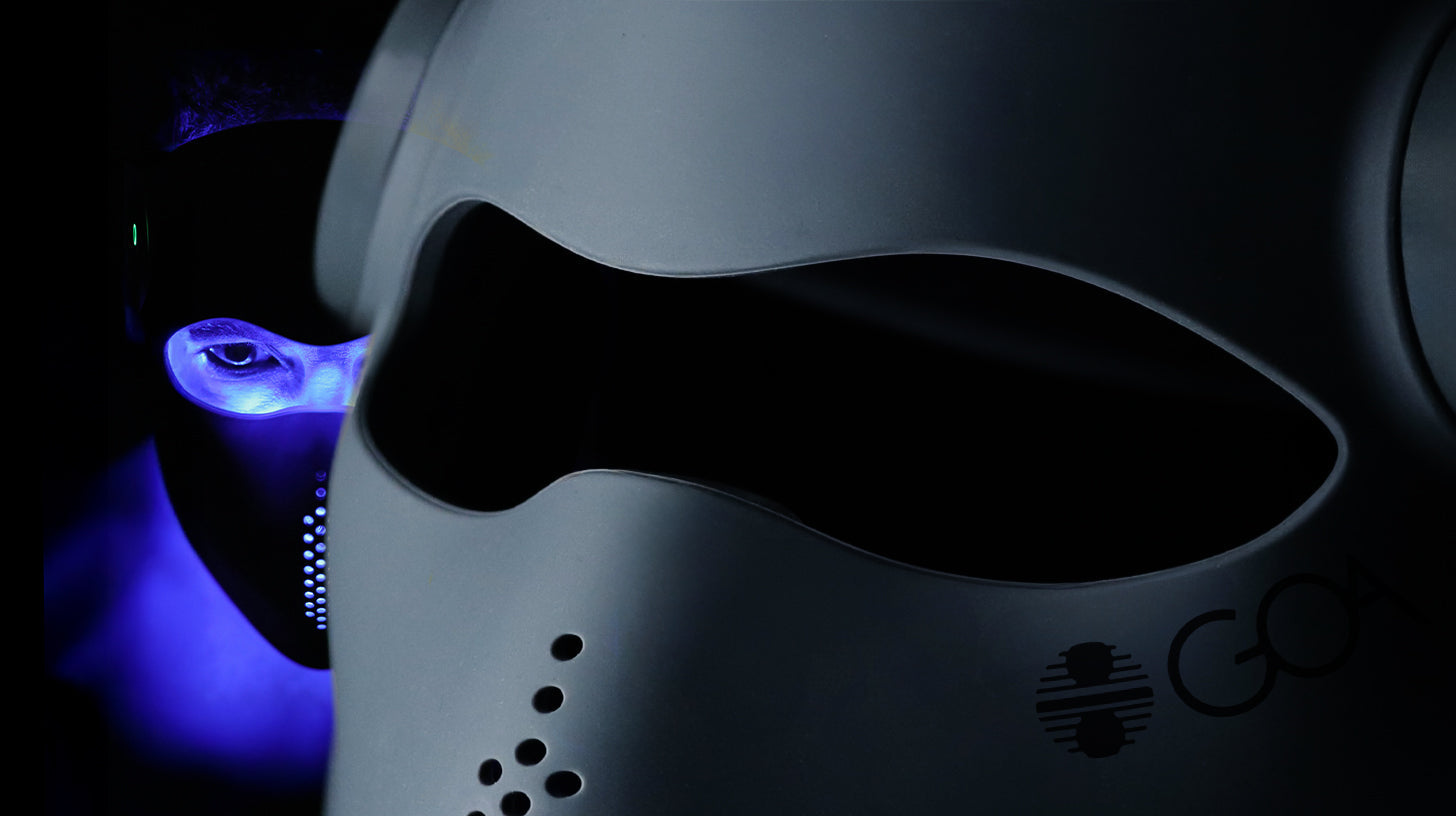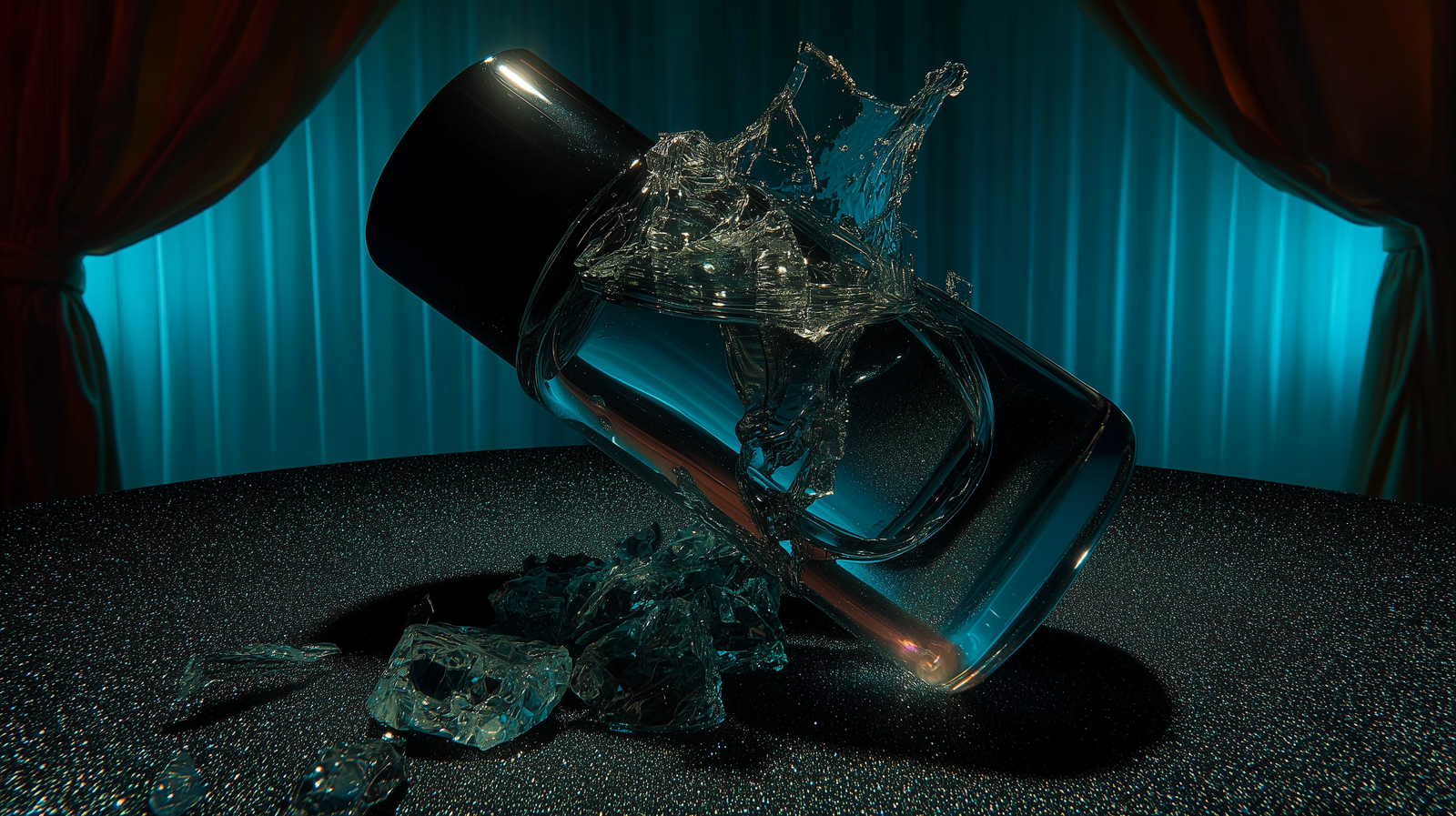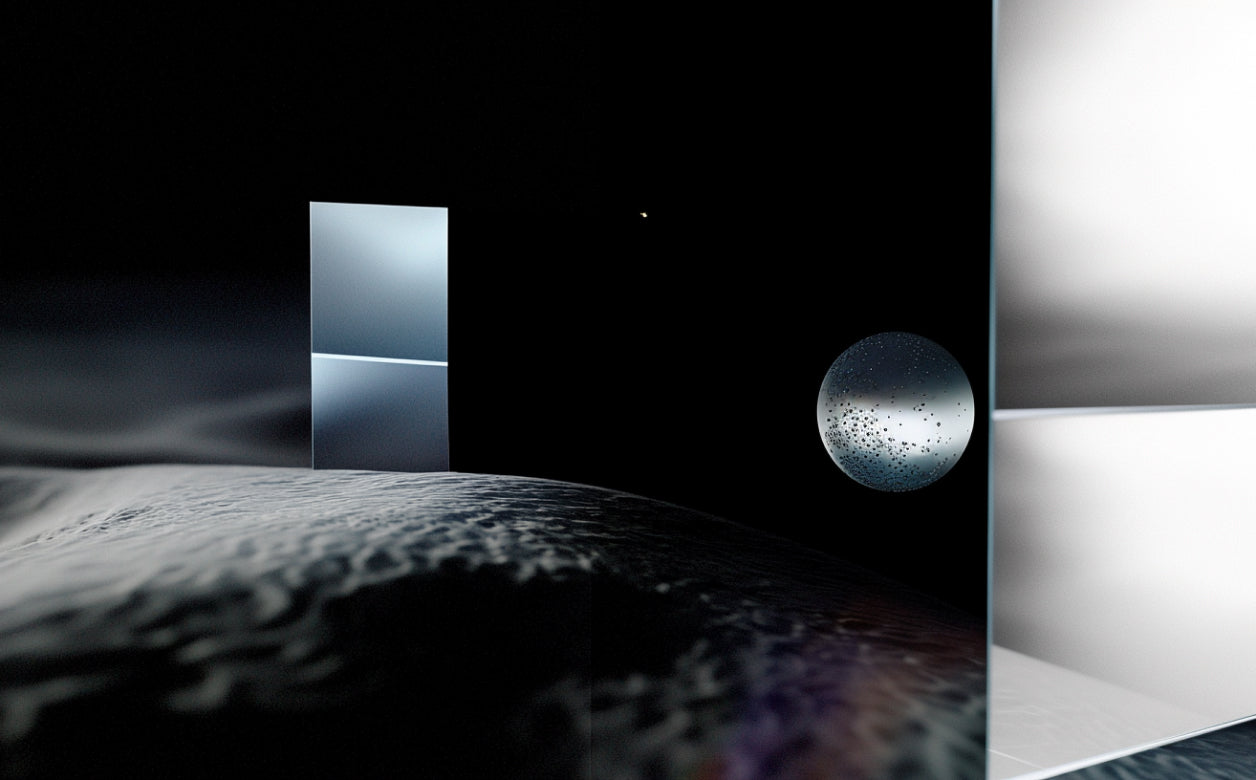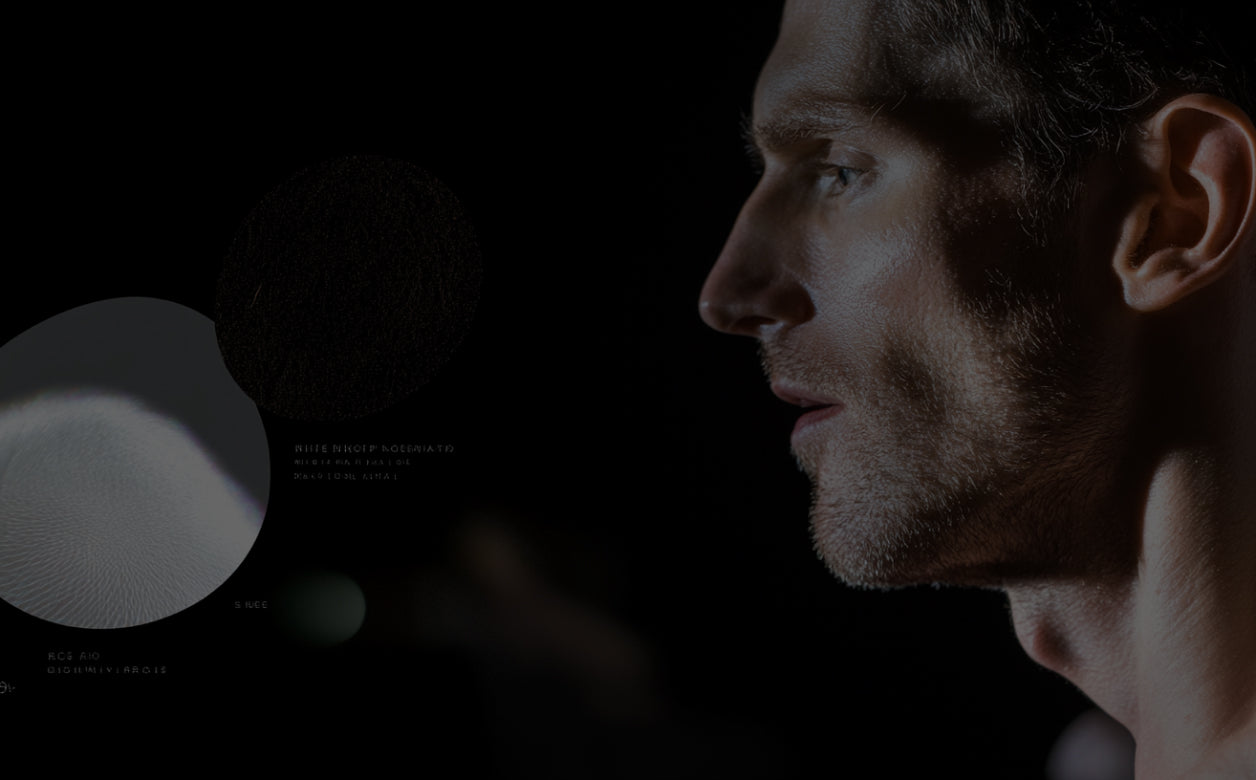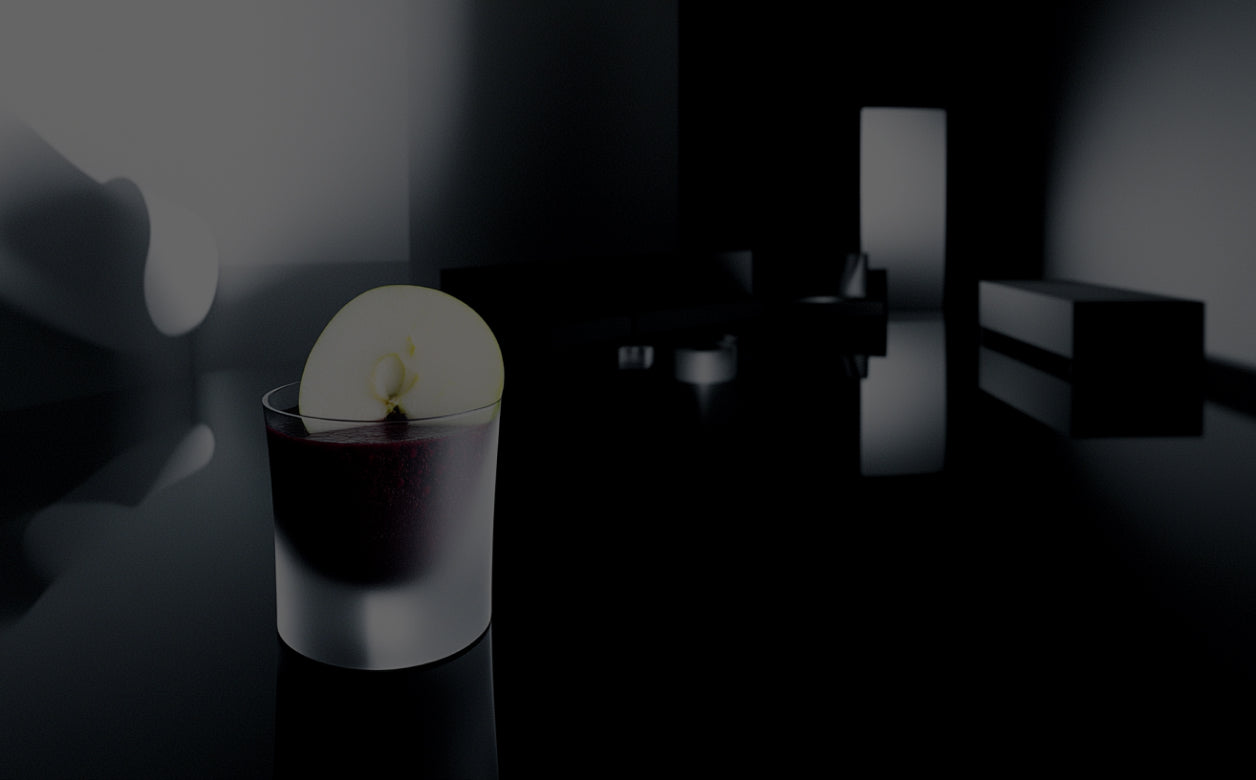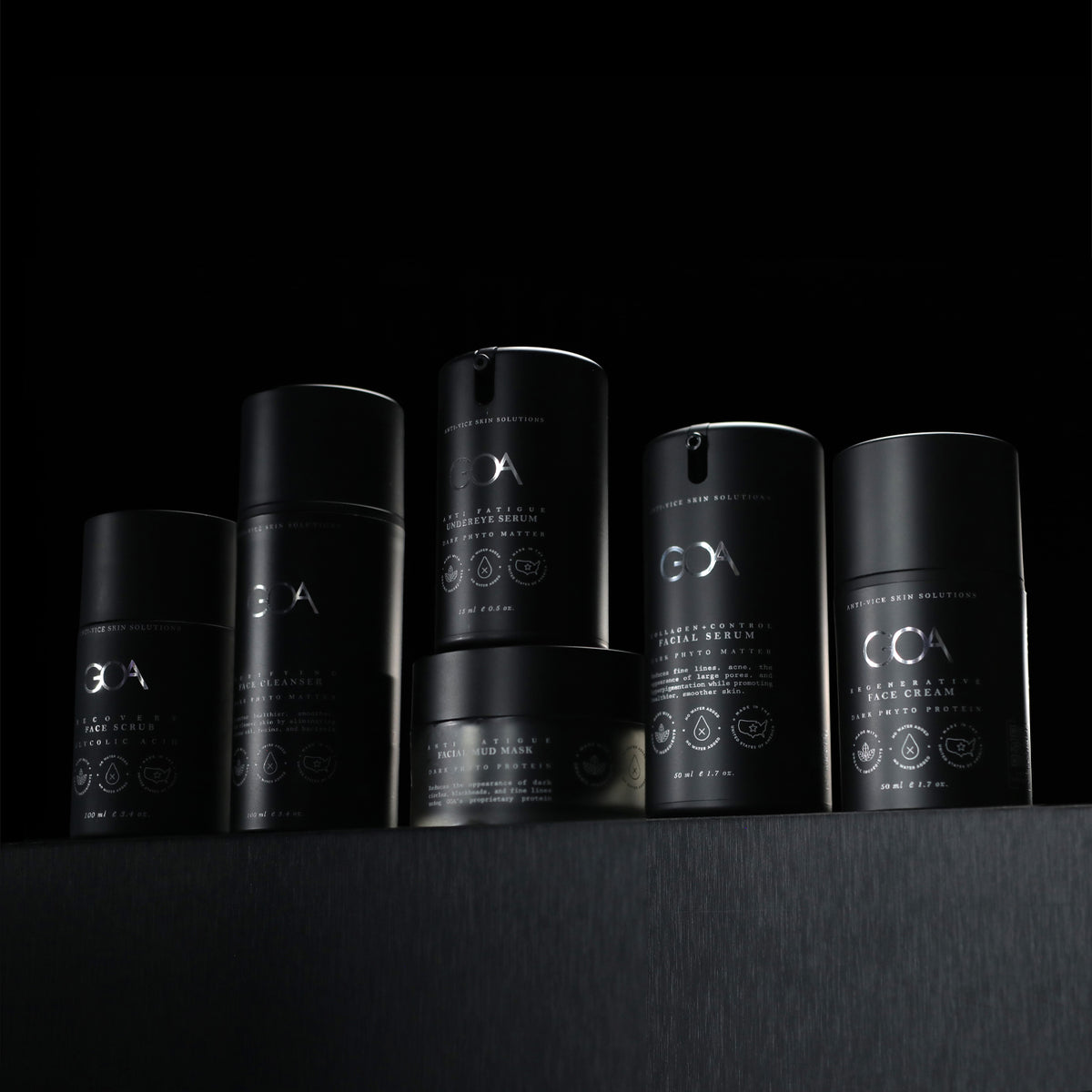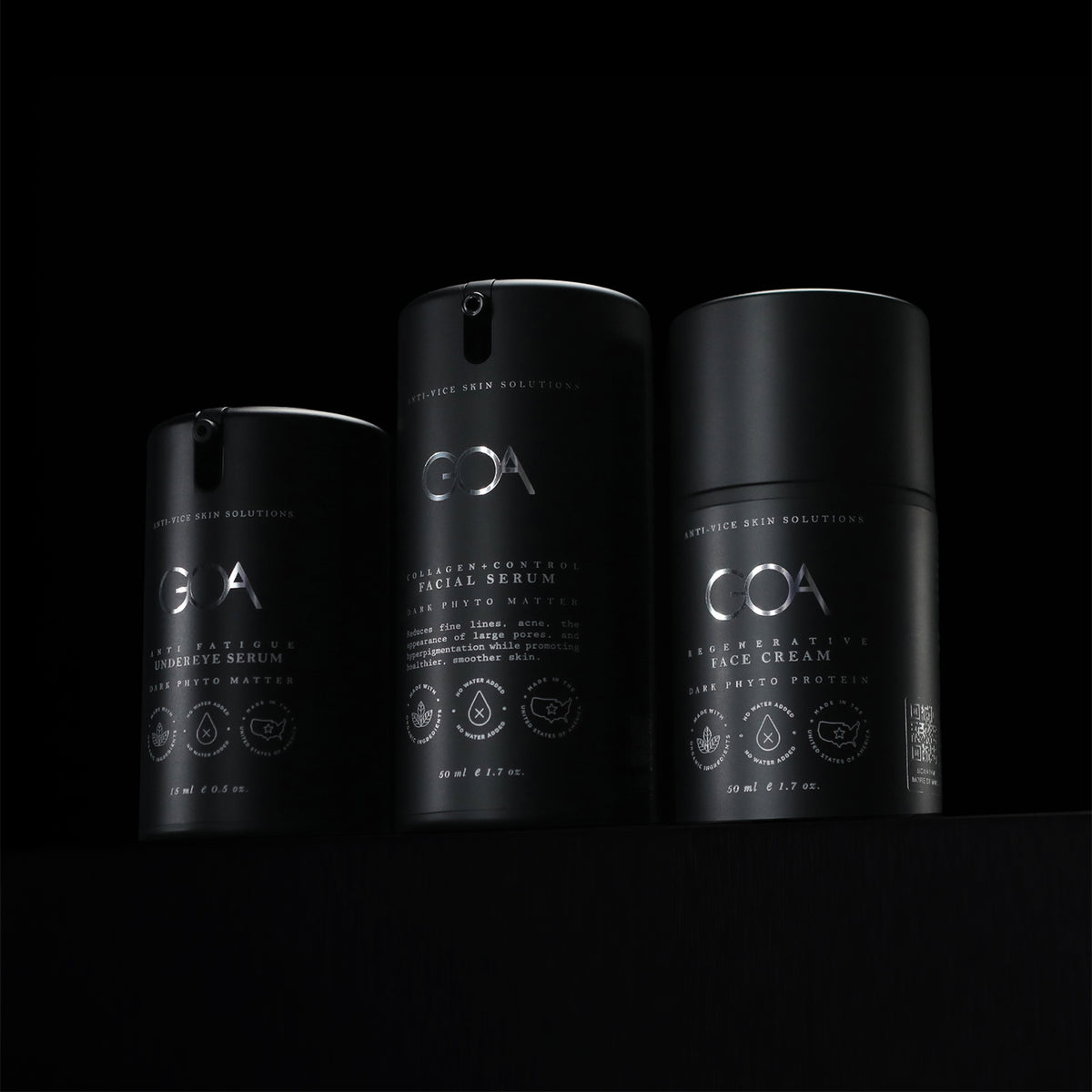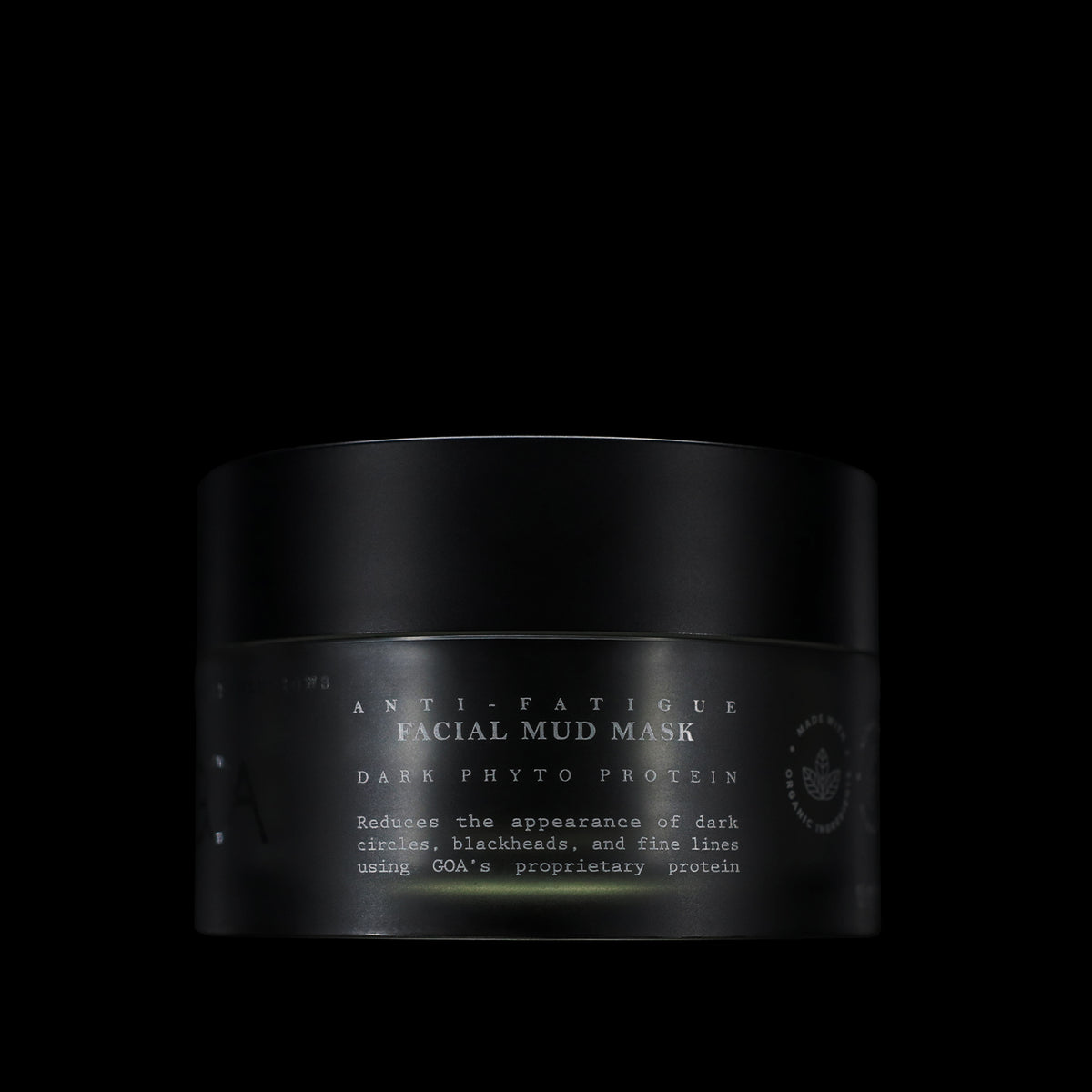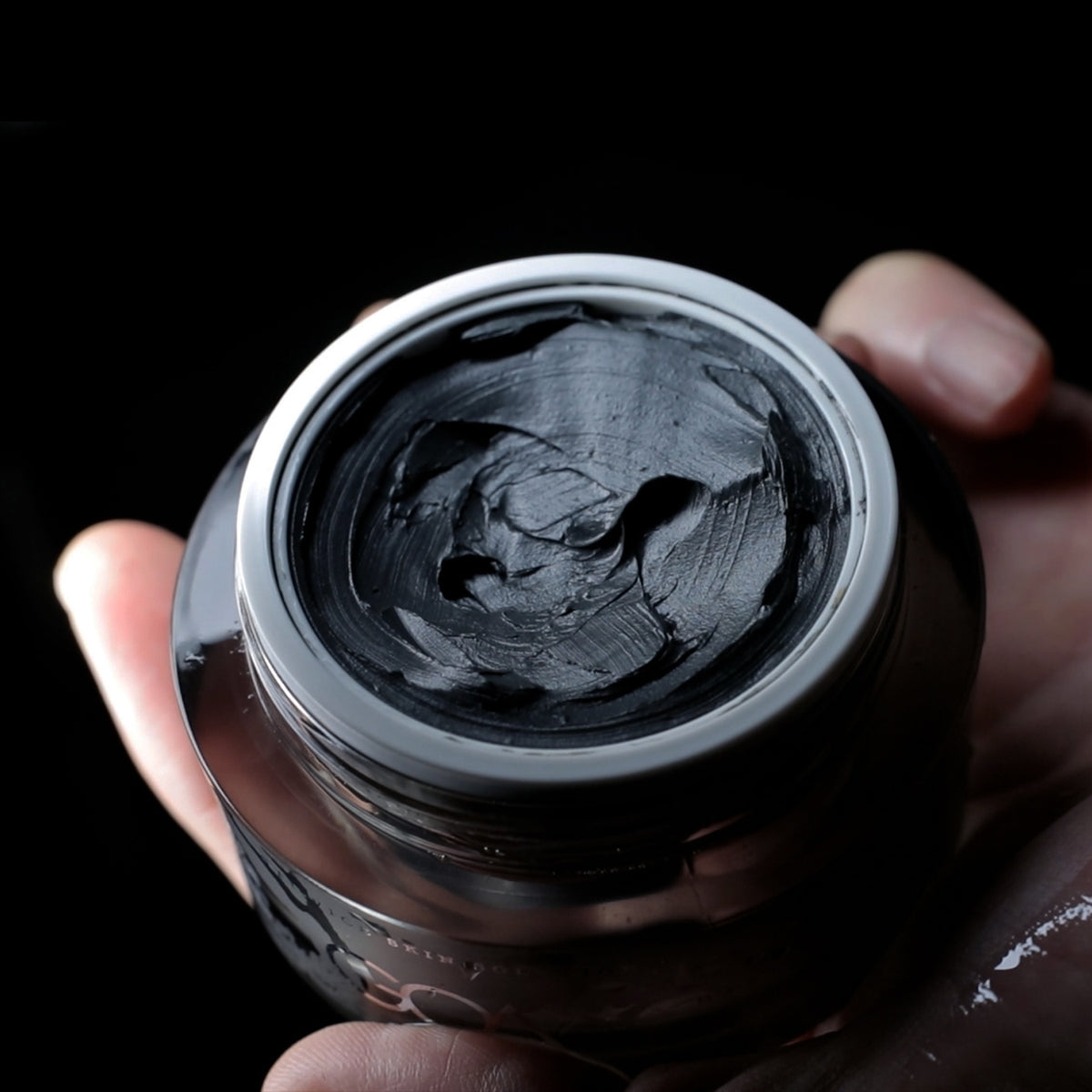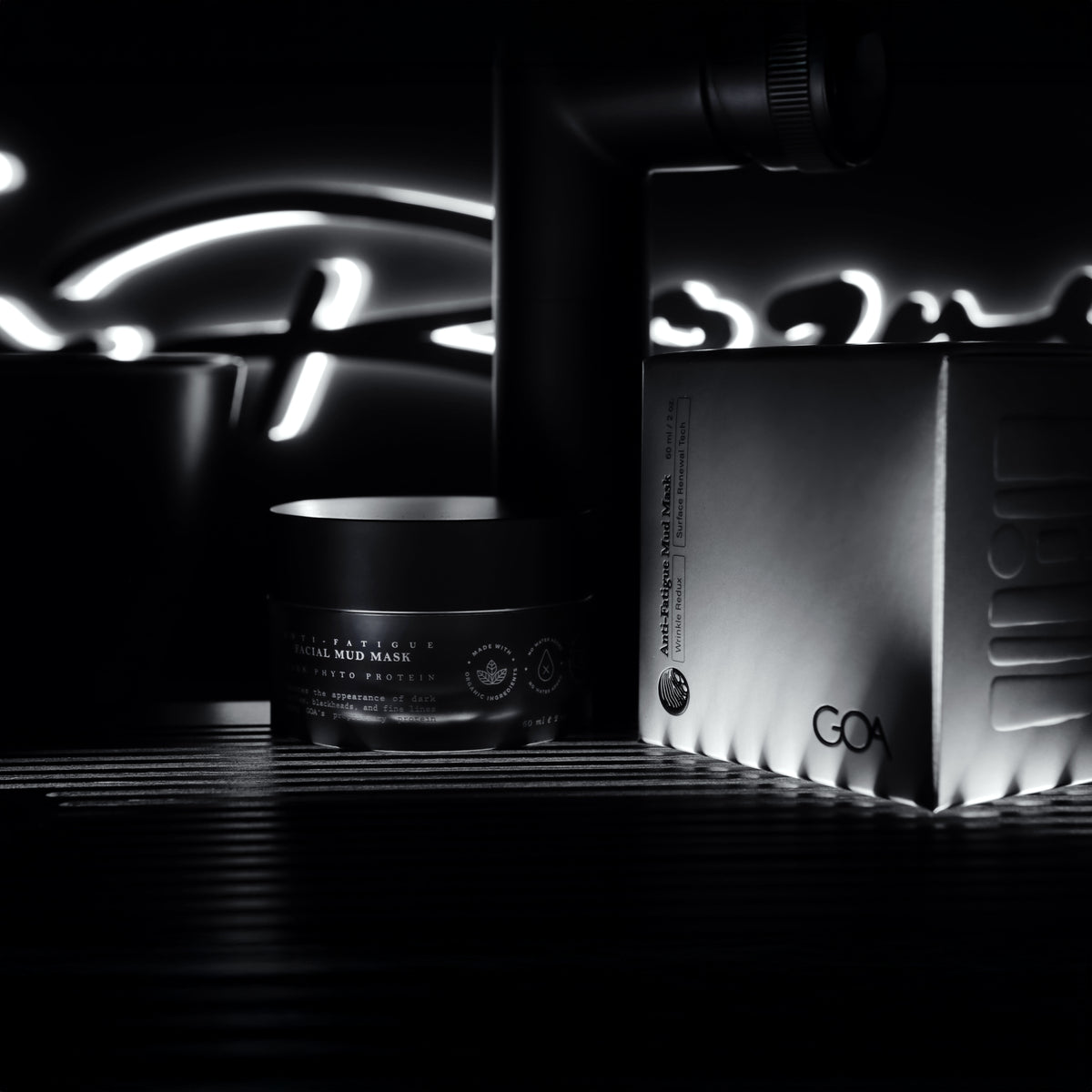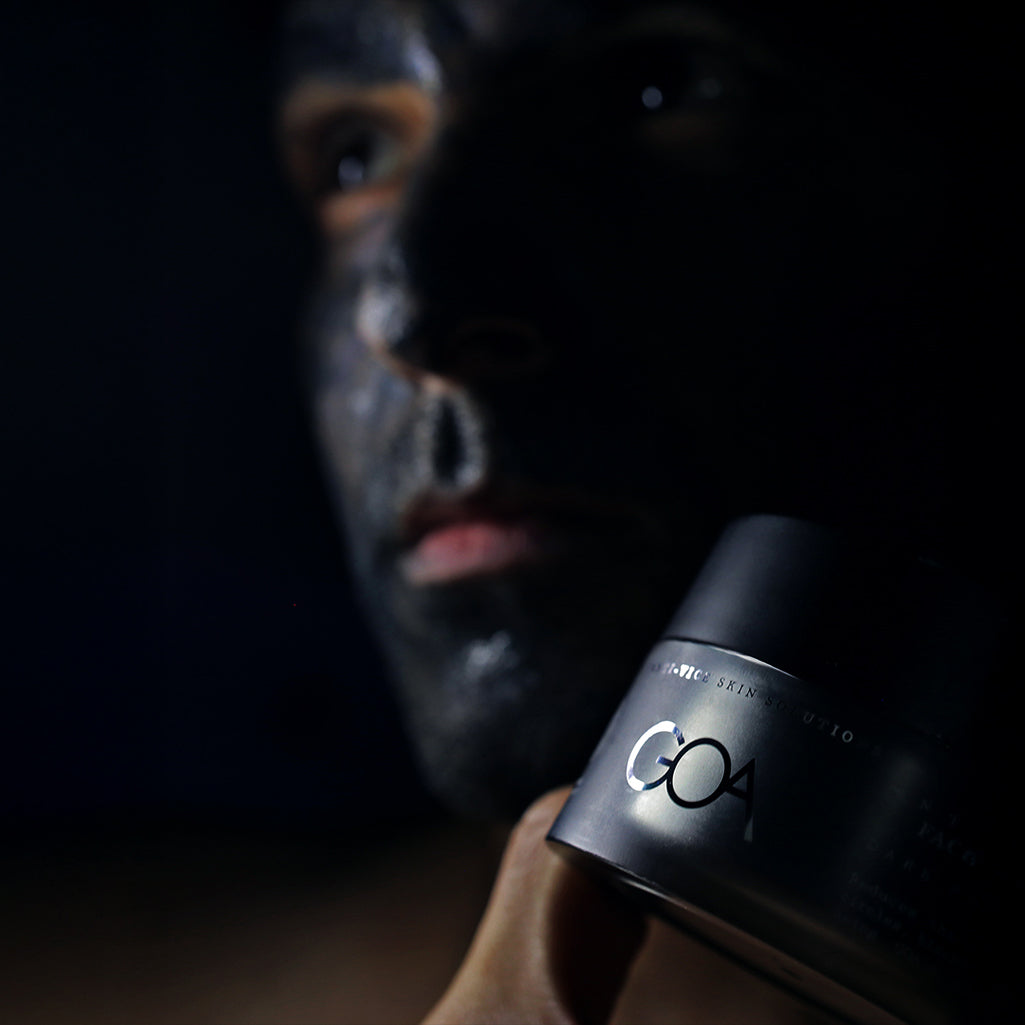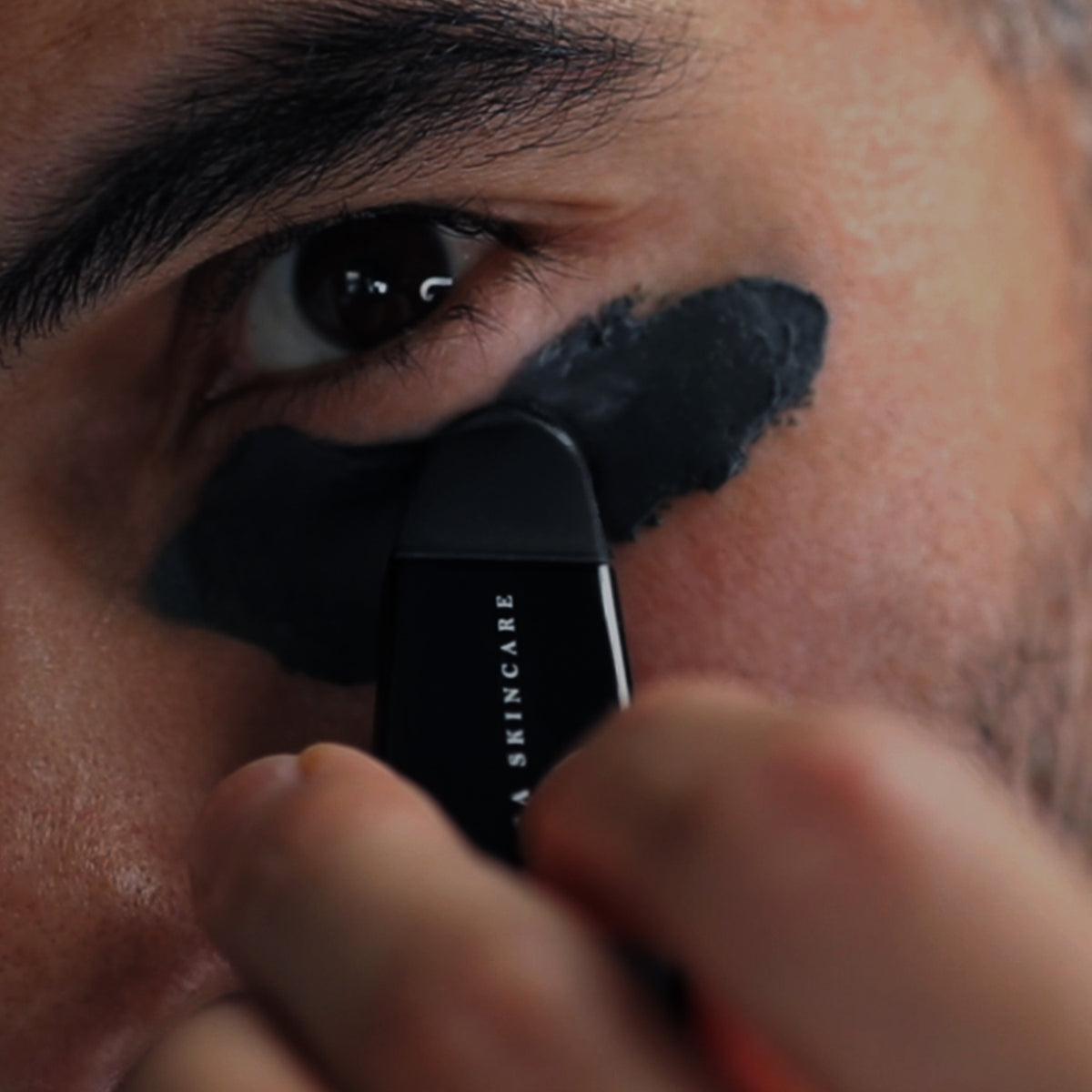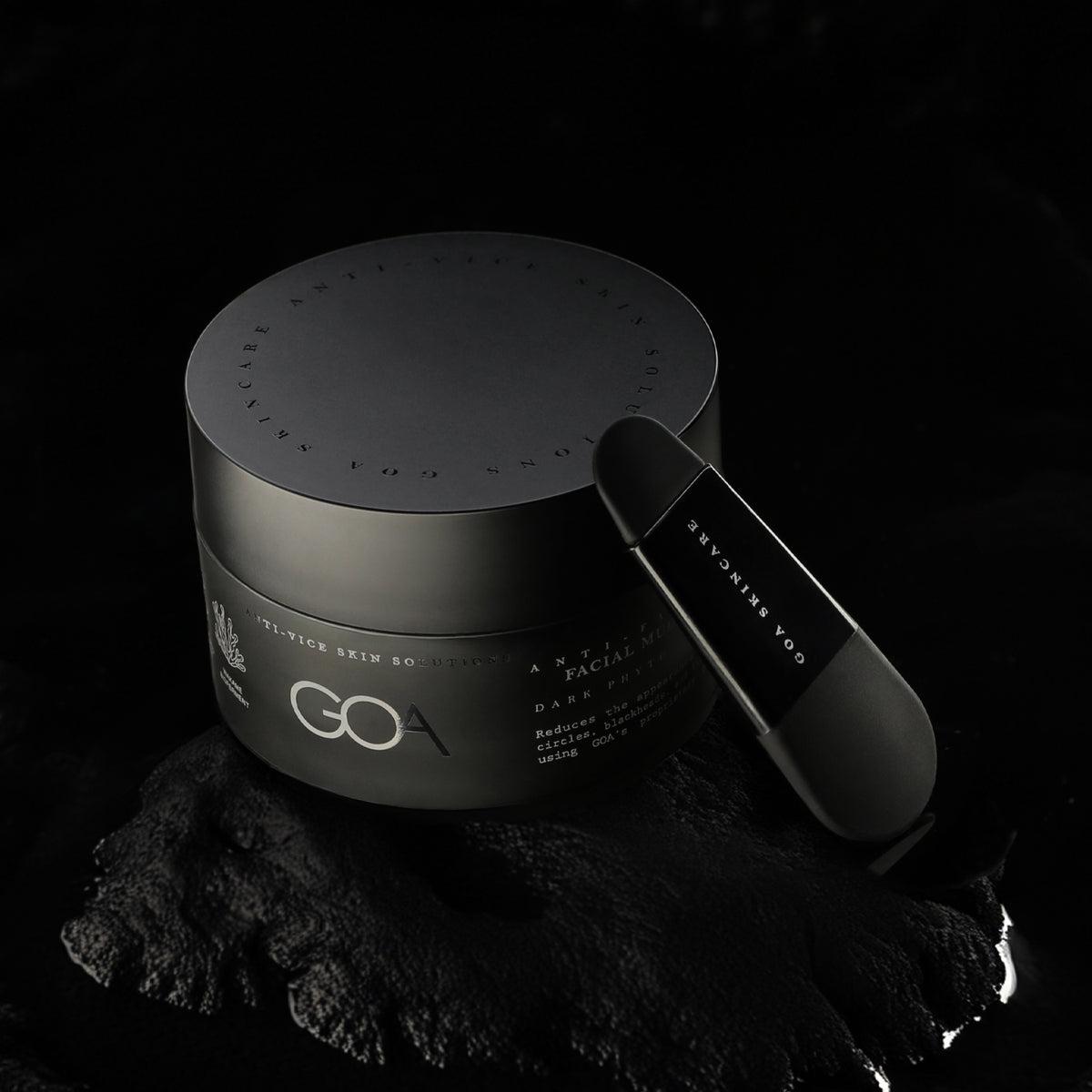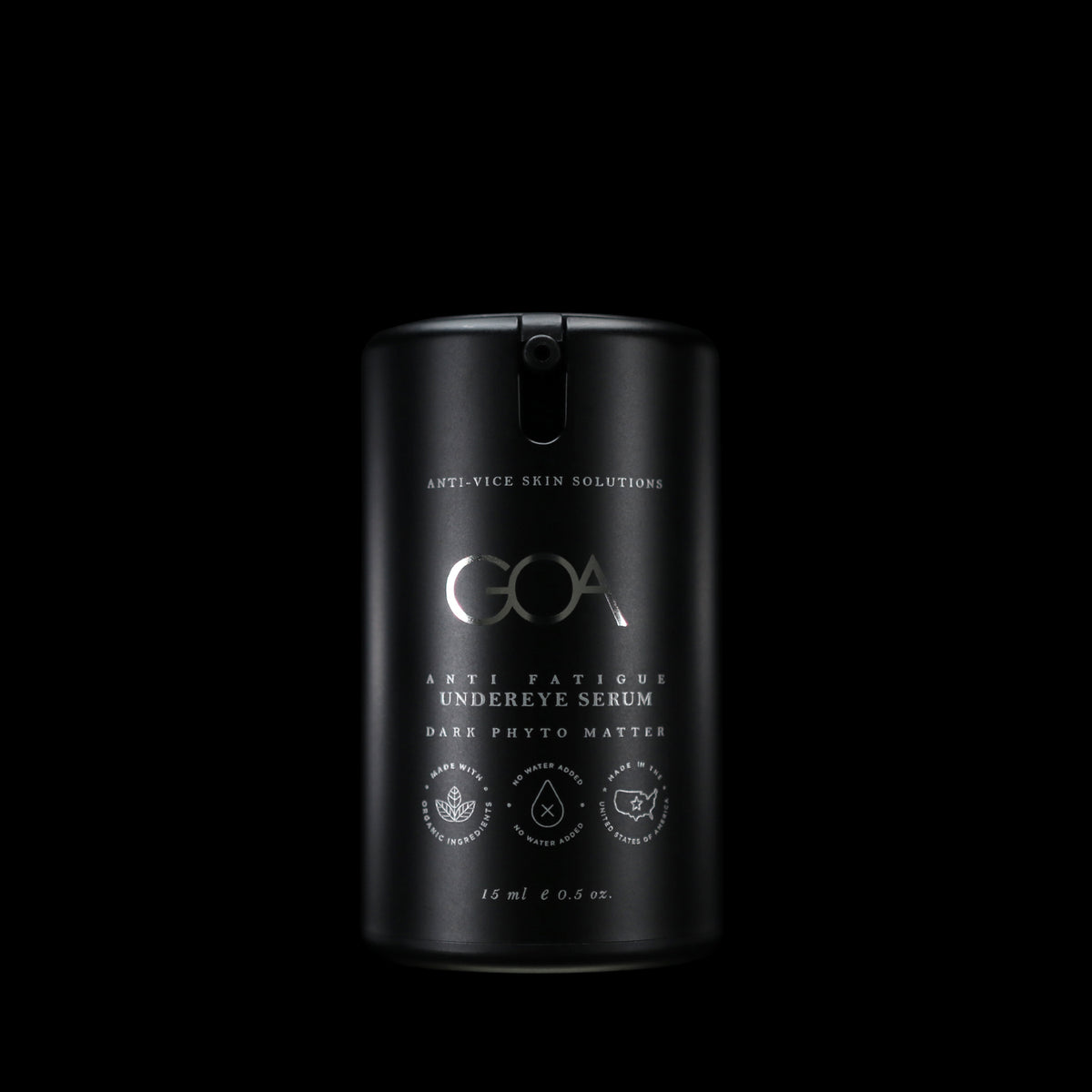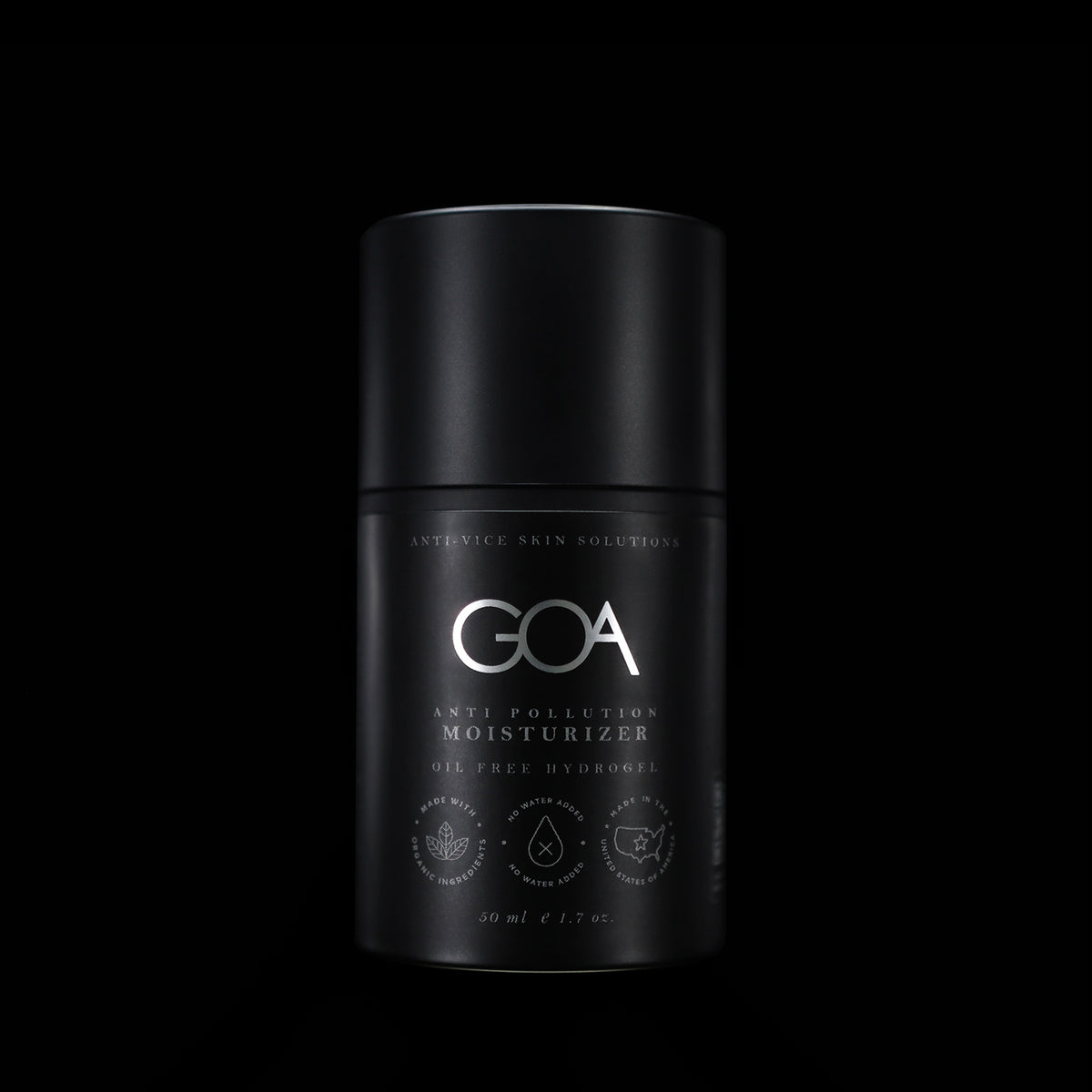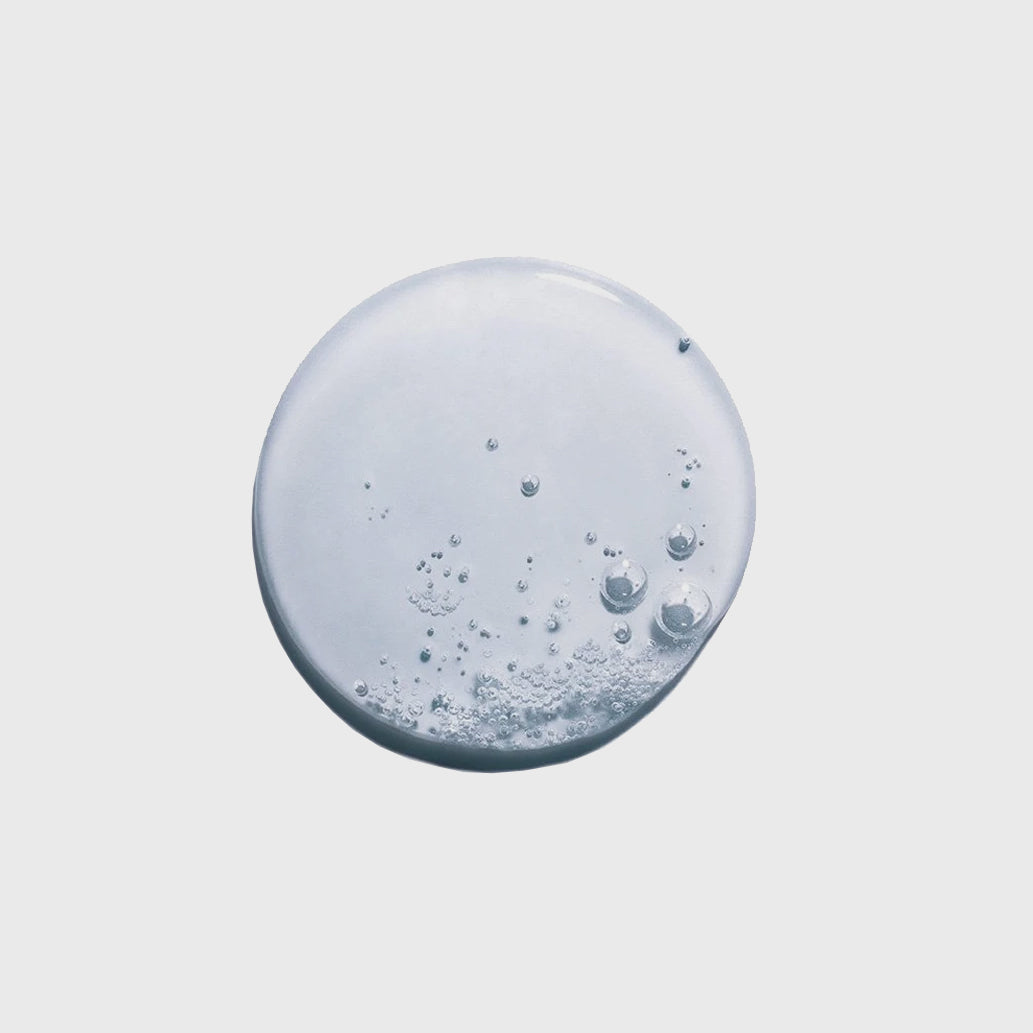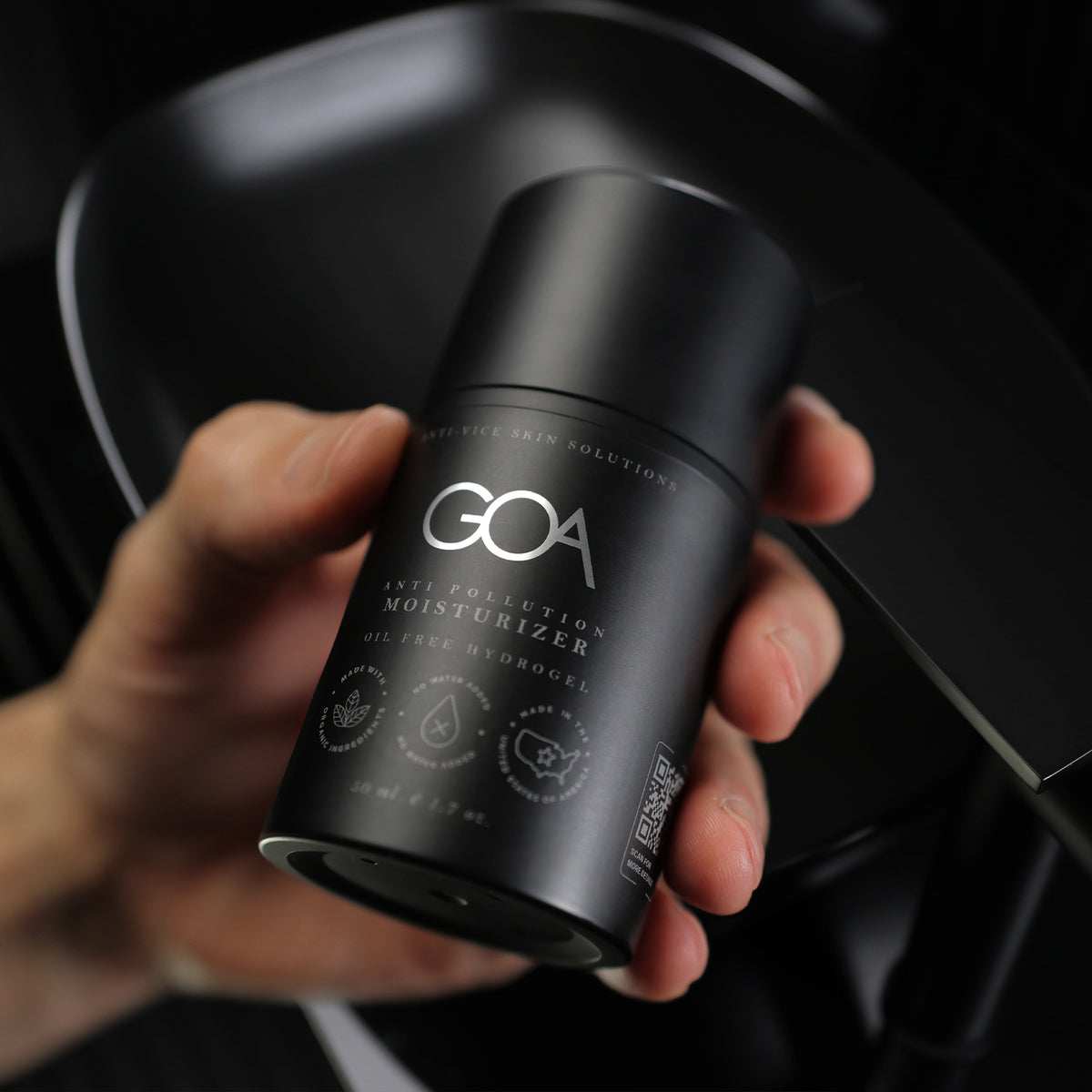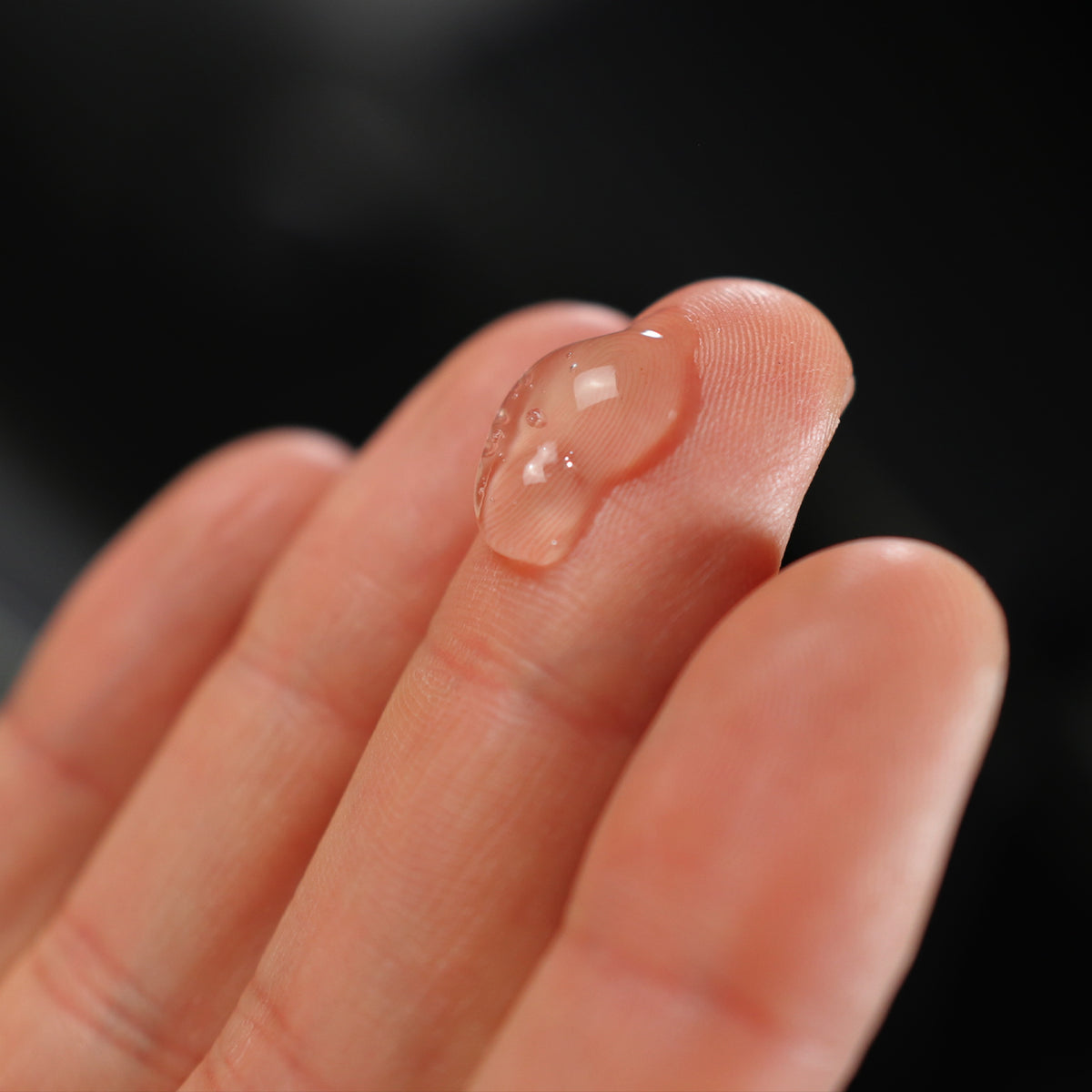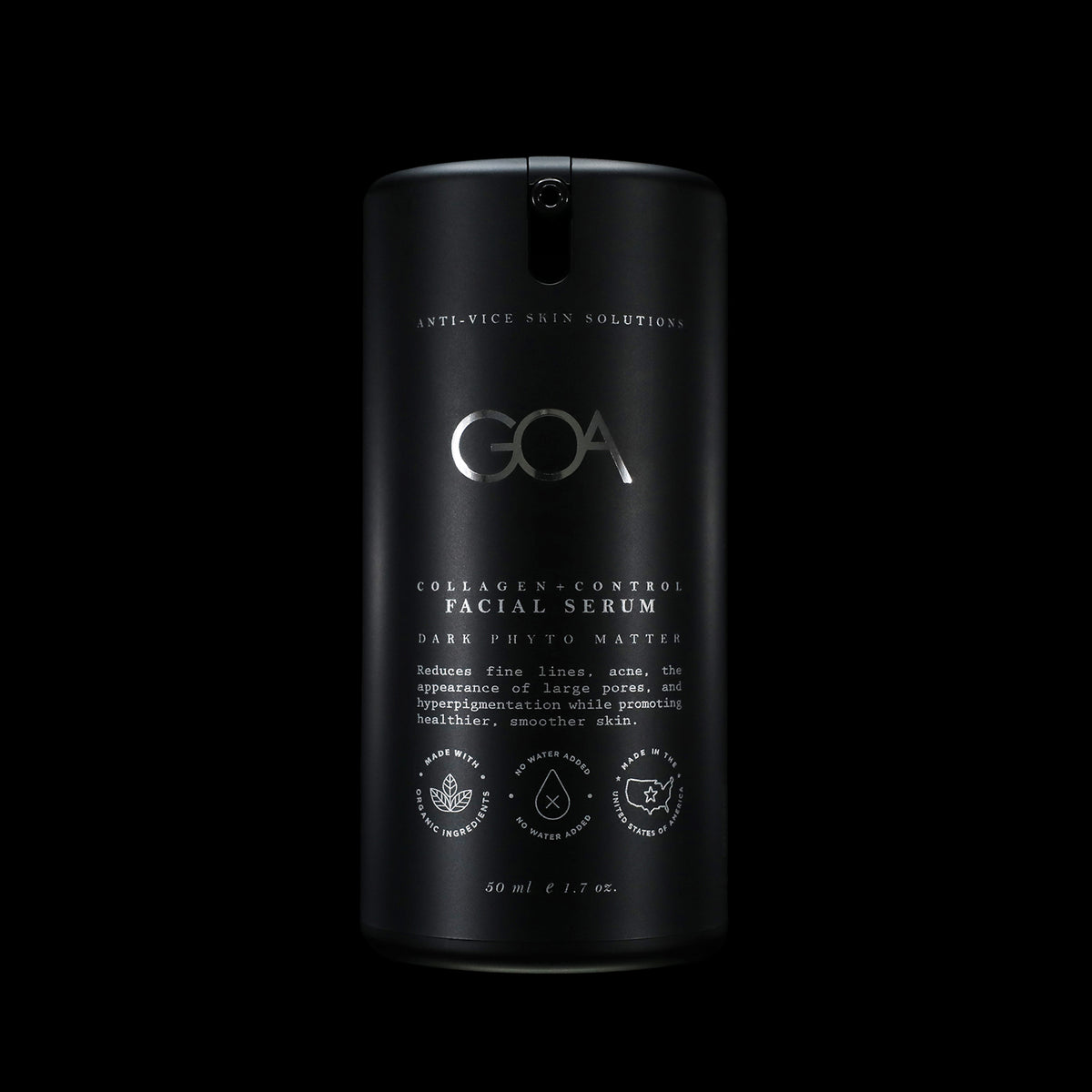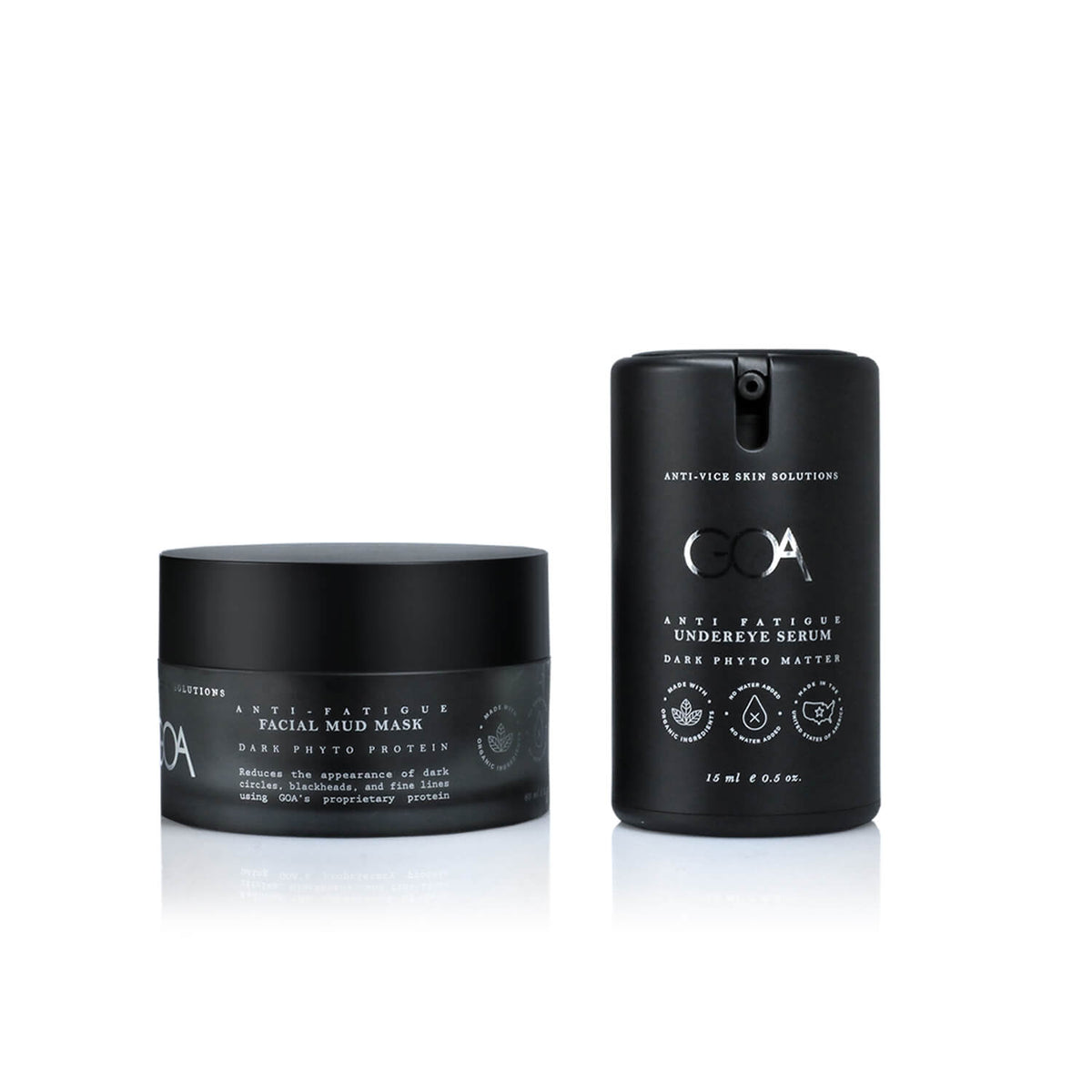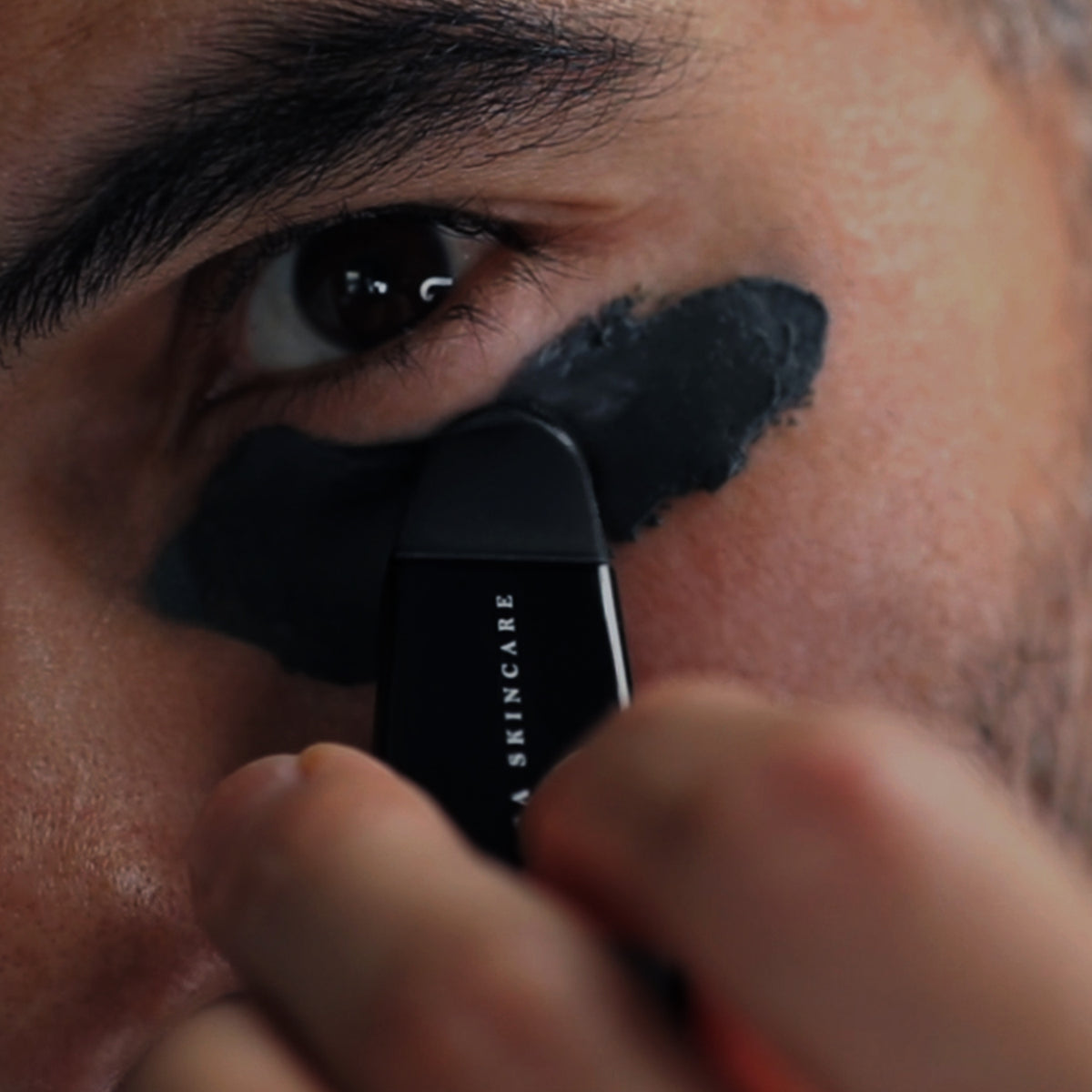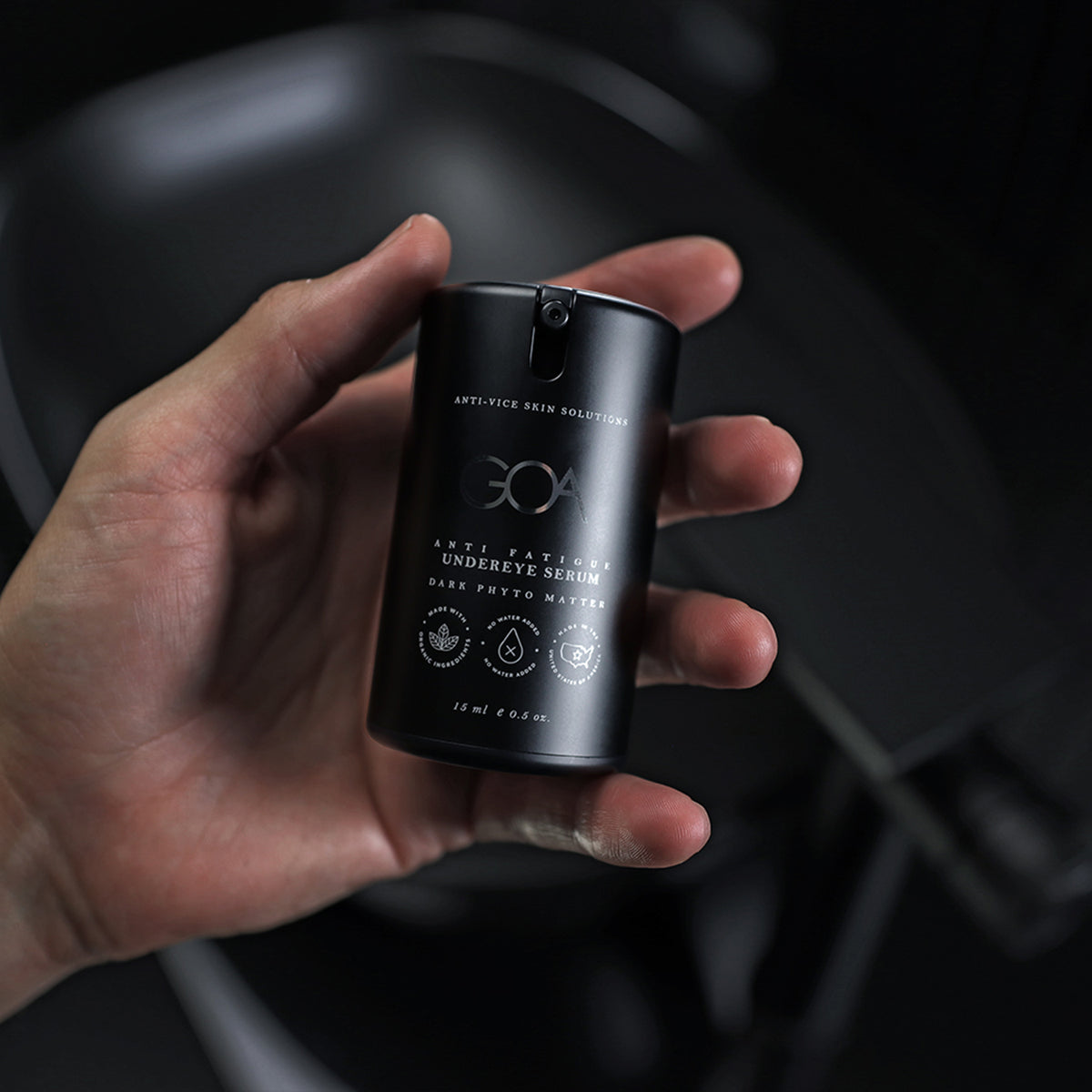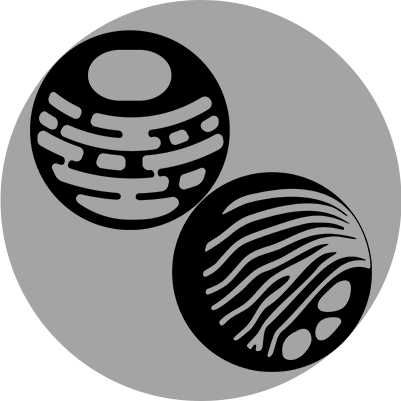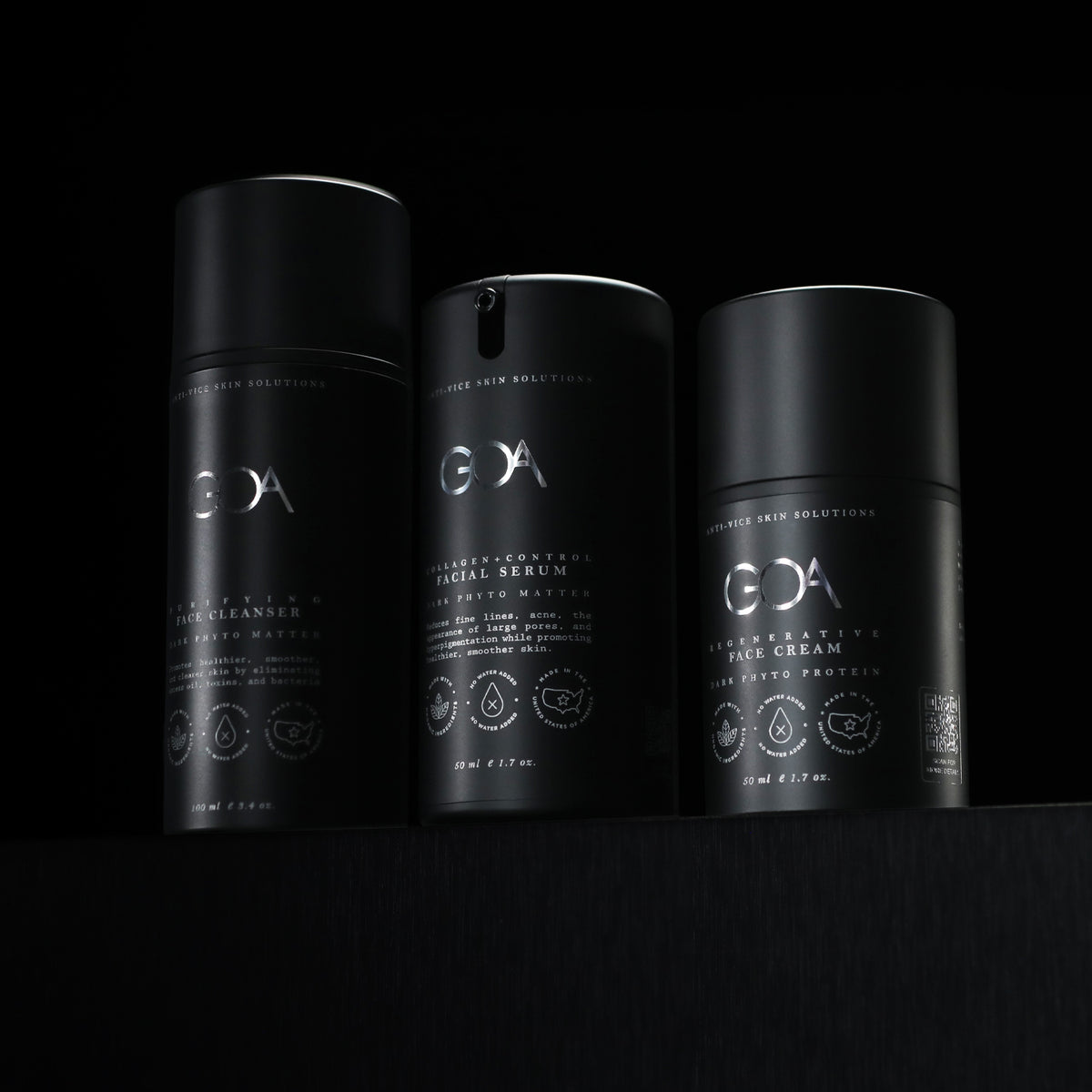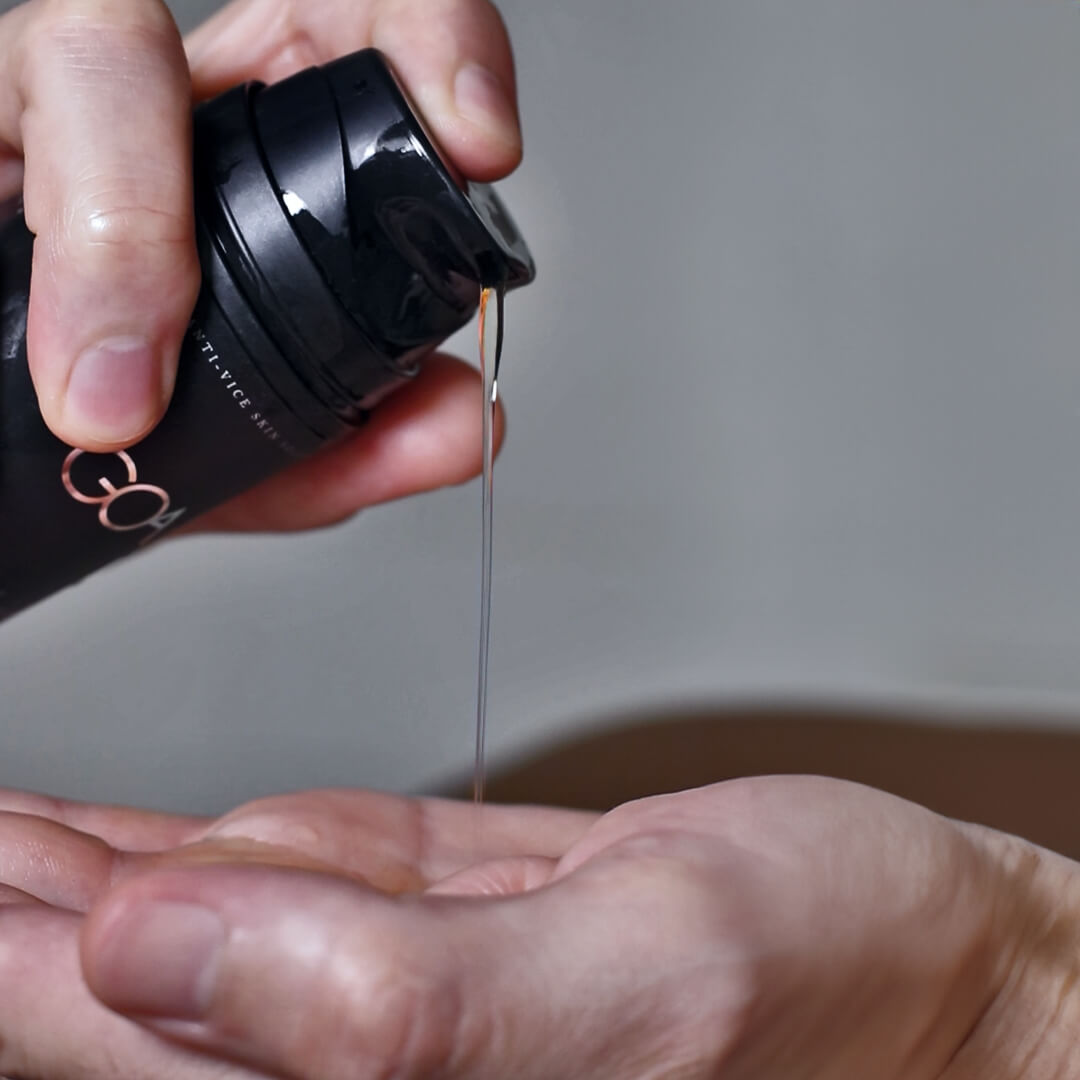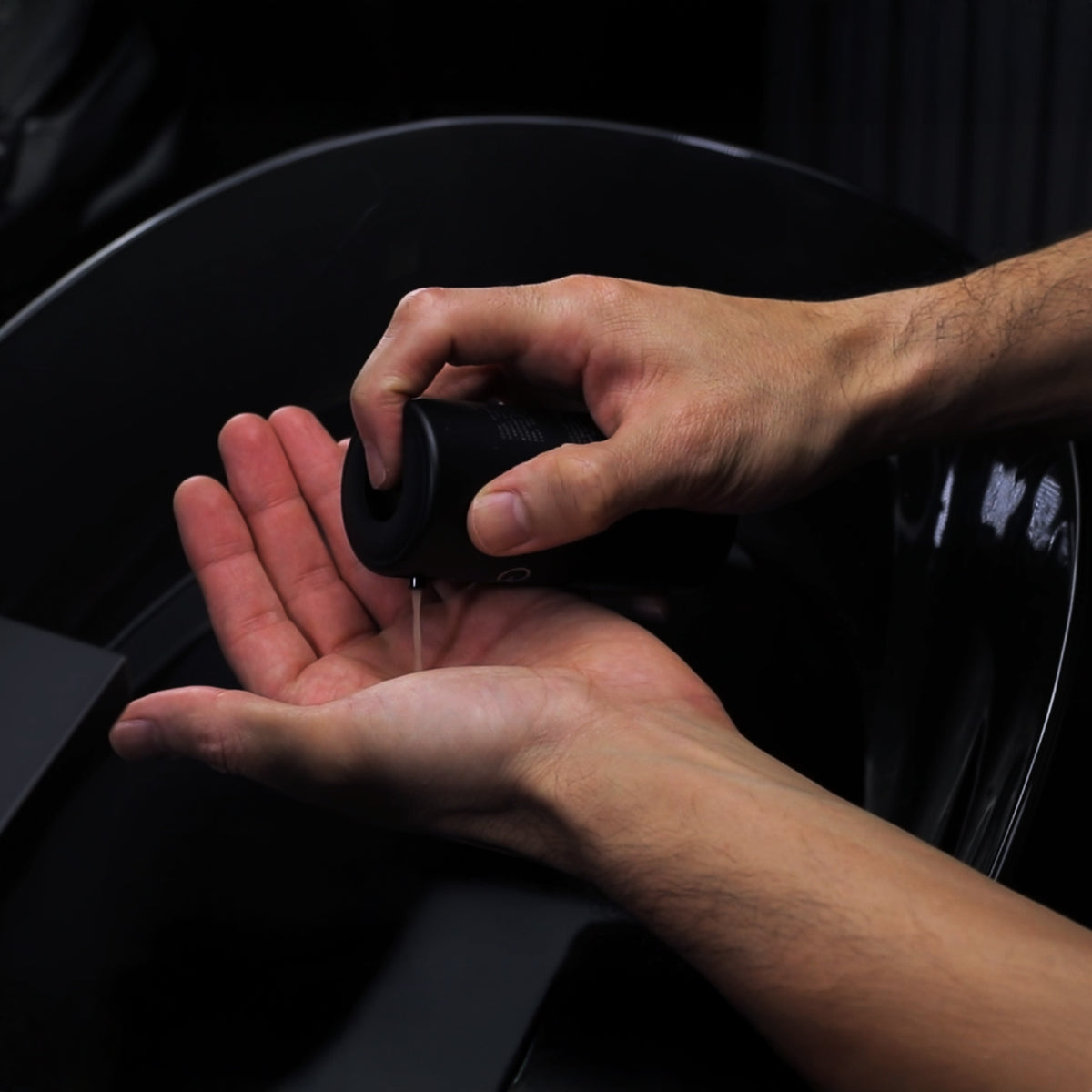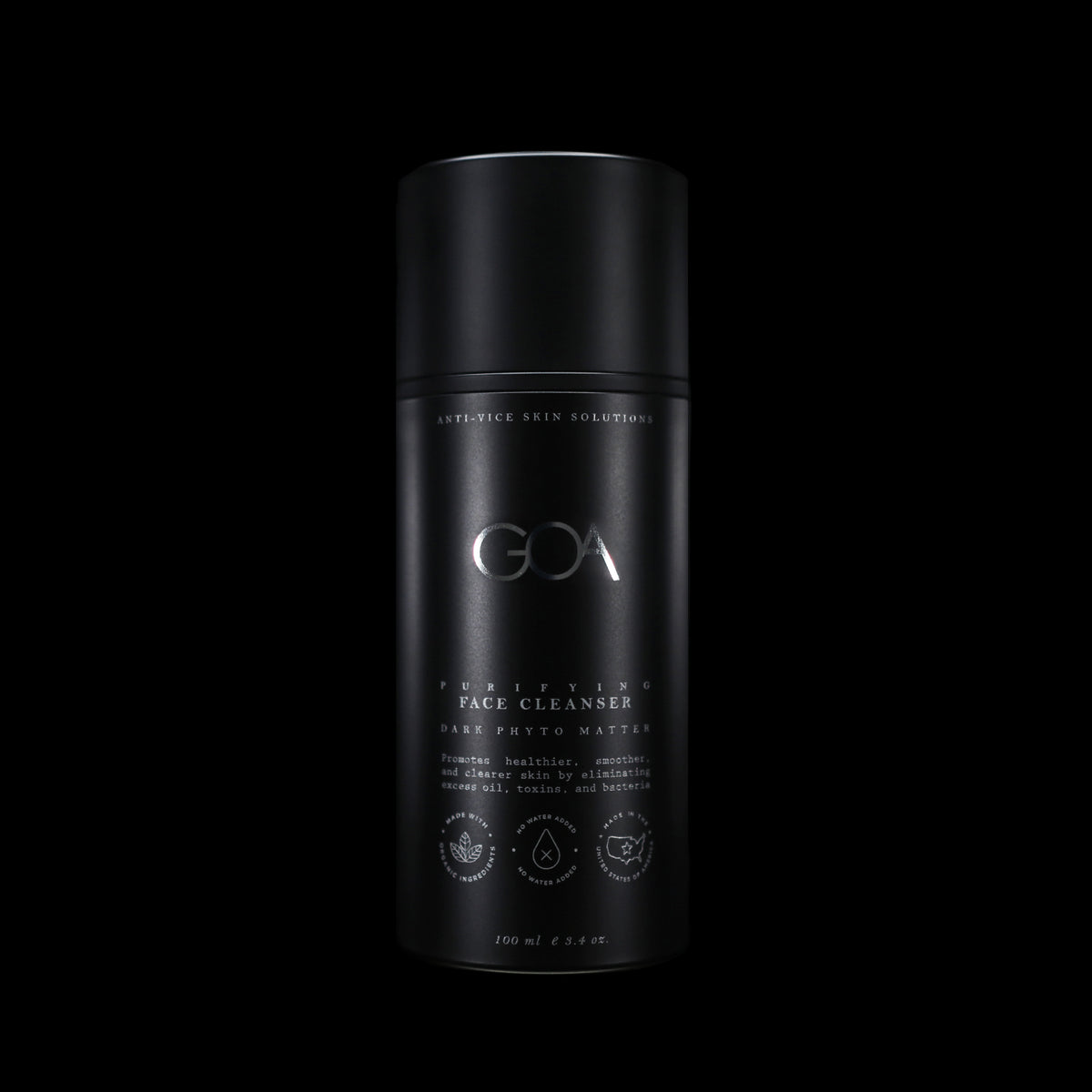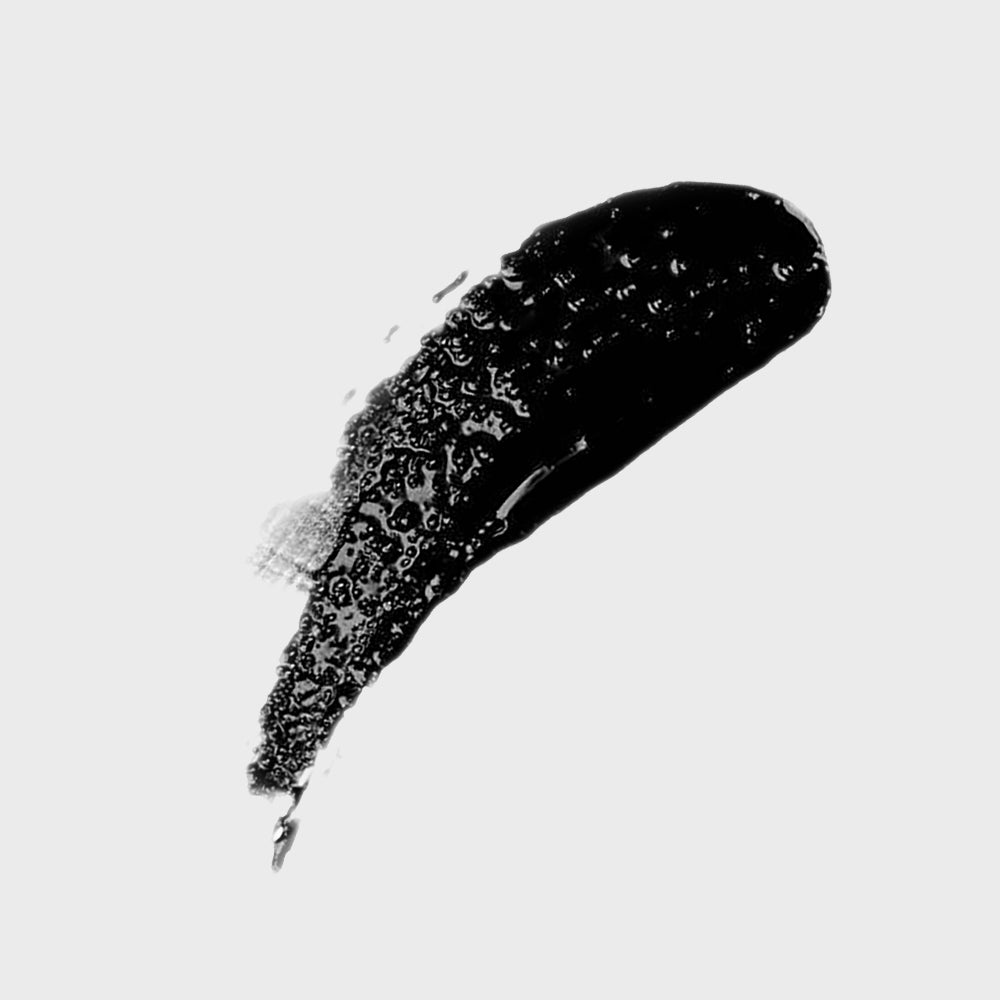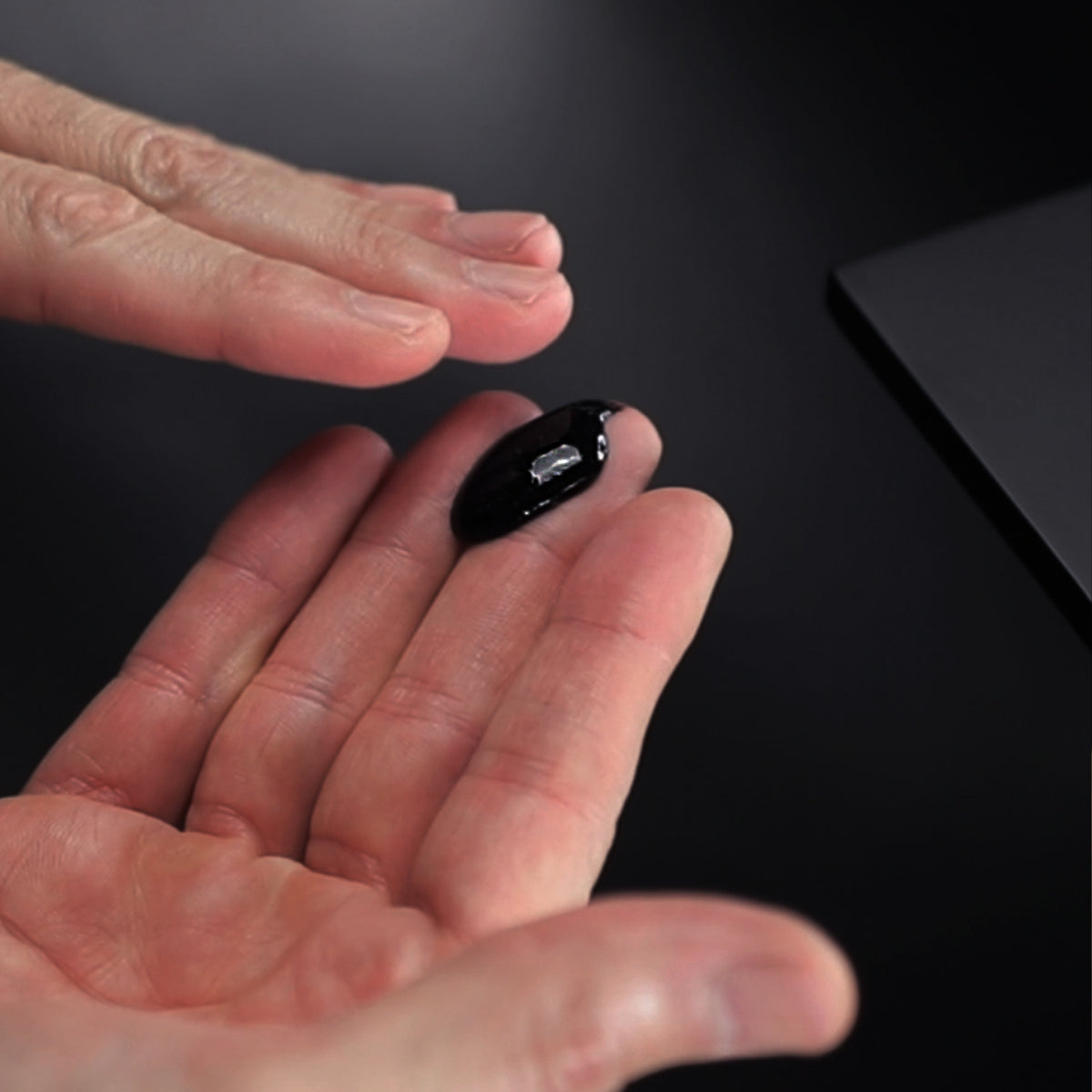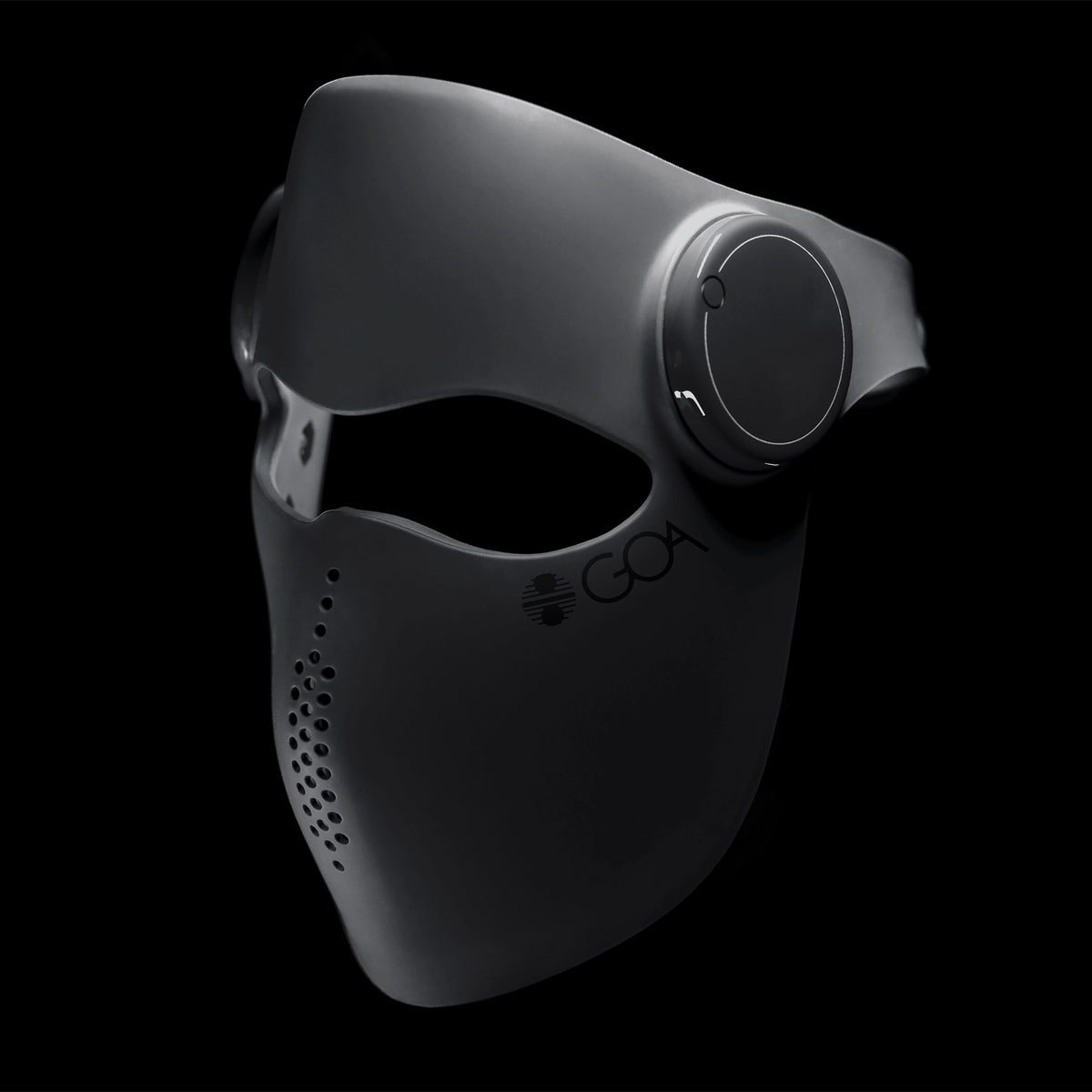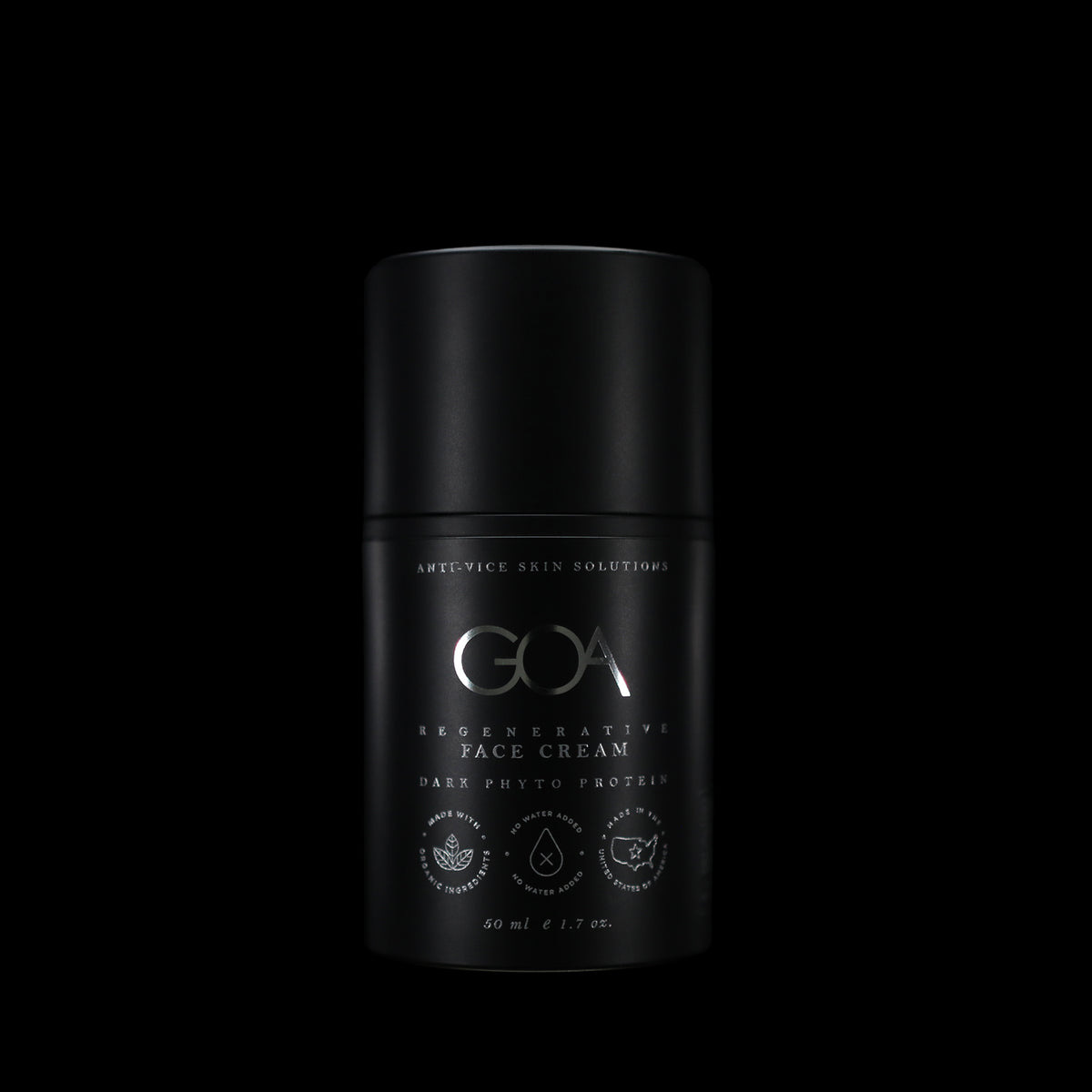Invest In Eye Serum
Your eyes are the first thing people see when you head into that 9 am meeting, but the skin around them serves a different purpose: letting everyone know how much you work at night. Right?;) Along with browlines, crow’s feet are the first facial wrinkles to develop, starting to form as early as in your mid-twenties.
The first line of offense? Eye Serums. They can help reduce the appearance of fine lines and wrinkles, as well as make your skin look fresher.
“Look for ingredients that lock in moisture such as ceramides, peptides, and hyaluronic acid,” says Zamani, who has the backing of The Journal of Clinical and Aesthetic Dermatology, which found that creams with hyaluronic acid reduced the depth of wrinkles by up to 40%. “Ingredients such as dark phyto-matter and bark extract can also help detoxify the eyes and reduce puffiness, making them appear brighter and more youthful.”
Eyes All Around: See how this dark phyto-matter undereye boosting serum can be worked into your routine.
Deploy The Retinoids
Retinoids are the secret weapon in the fight against time’s ravages - Originally developed to treat acne, retinoids are vitamin A derivatives that have been proven in the journal Clinical Interventions In Aging to reduce the appearance of wrinkles and brown spots by boosting collagen production and increasing cell turnover. Given how potent these creams and serums are, most are only available by prescription and can also cause the skin to become red, dry and flaky.
Retinoids’ less strong, but still effective, cousin is retinol. Available over the counter, retinol is generally used in products in a concentration of 0.05 to 1%, so it’s gentler on the skin. Anything higher says, 2% would be perfect for non-sensitive skin types. That said, any retinol product should be used sparingly at first, in order to allow the skin time to adjust. Start with a pea-sized amount every other day for the first few weeks and, provided your skin doesn’t react adversely, consider upping the frequency for a furrow-free face.
Product Watch: Check out this retinol powerhouse serum
Wear SPF
As you know, sun exposure is the leading cause of visible aging. Not one of the leading causes, the leading cause. Stress is number two. Which means while stressing out definitely isn’t good for your skin, never wearing SPF is probably worse.
Oculoplastic and aesthetic surgeon Dr. Maryam Zamani and a study published in the Annals of Internal Medicine both found the same thing. “SPF helps prevent UV damage that can increase photoaging,” she says. “It prevents pigmentation, slows the rate of collagen breakdown and wards off fine lines and wrinkles.”
Do you need to wear it every day? The short answer – if you want to look younger than you are – is yes. “I recommend everyone to wear an SPF 30 or greater, and to increase that with the frequent application if going to a sunny or ski destination,” she says.
Get More Sleep
Feeling like a sack of potatoes when we don’t get enough sleep might seem like the worst part of fatigue but it also plays a key role in keeping your skin healthy and young.
A study at University Hospitals Case Medical Center found that subjects who didn’t sleep well exhibited more signs of skin aging including fine lines, uneven pigmentation and reduced skin elasticity. That’s because sleep helps the skin regenerate and repair itself in a variety of ways, including by promoting human growth hormone (which boosts cell production), reducing inflammation (which can lead to dry skin) and lowering the body’s cortisol levels (which can lead to the breakdown of collagen and fast-track the formation of lines and wrinkles).
How much time snoozing do you need to stay looking fresh? Between seven and nine hours is best, according to the National Sleep Foundation. We’re willing to listen to them on that.
Flipside: Not enough sleep? Check out this vitamin-packed serum to help you recover.
Avoid Refined Sugar
Refined sugars can lead to obesity, heart disease, and high cholesterol. Now, the Department of Medicine at Dartmouth Medical School has also linked refined sugars, such as glucose and fructose, to you locking yourself into a prune-like state.
Commonly found in carbonated drinks, sauces and other processed foods, refined sugars are thought to be responsible for a process known as glycation, whereby collagen fibers become tangled together and therefore more difficult to repair.
In non-science speak, that means more lines, wrinkles and age spots younger. Glycated skin cells age at a faster rate than non-glycated skin cells, which means you may well have to choose between youth and your sweet tooth.
Flipside: You glucose fiend you;) Here’s a regenerative product to de-prune your skin.











